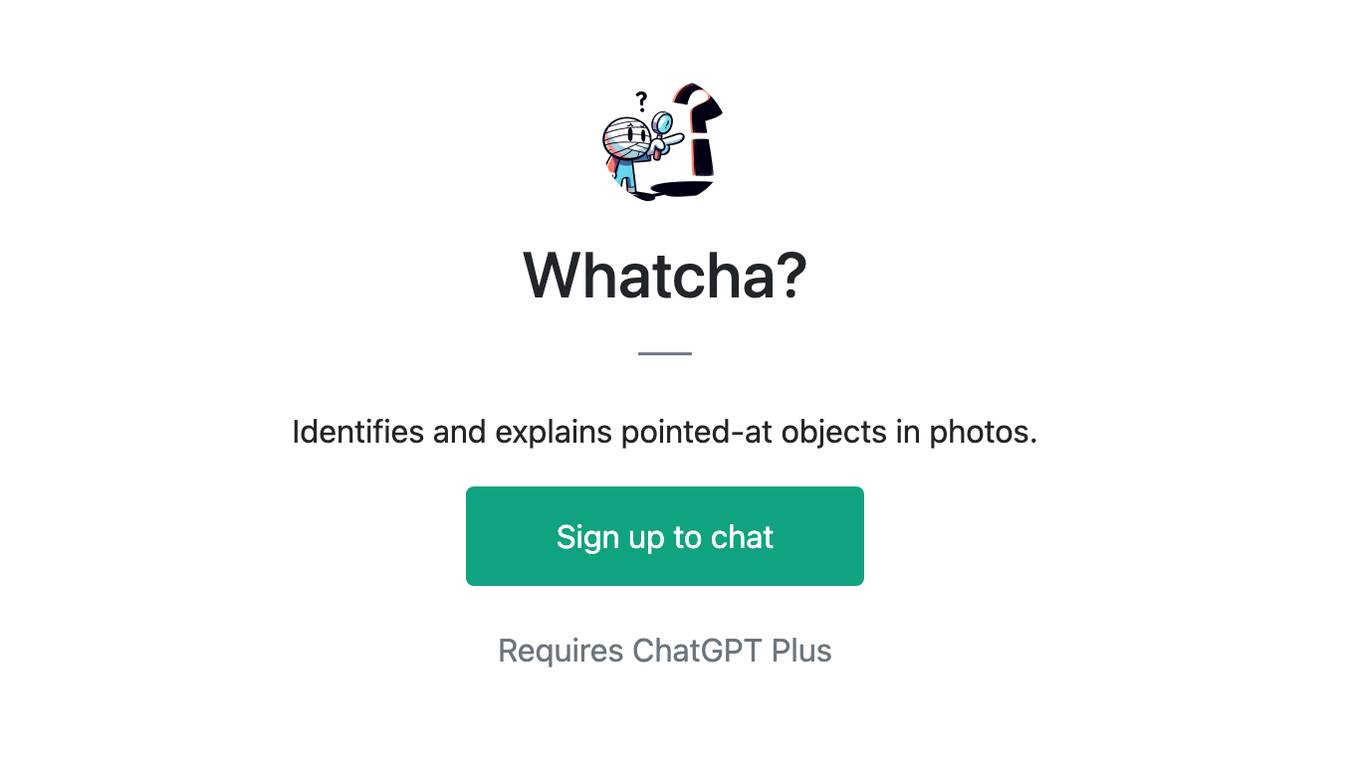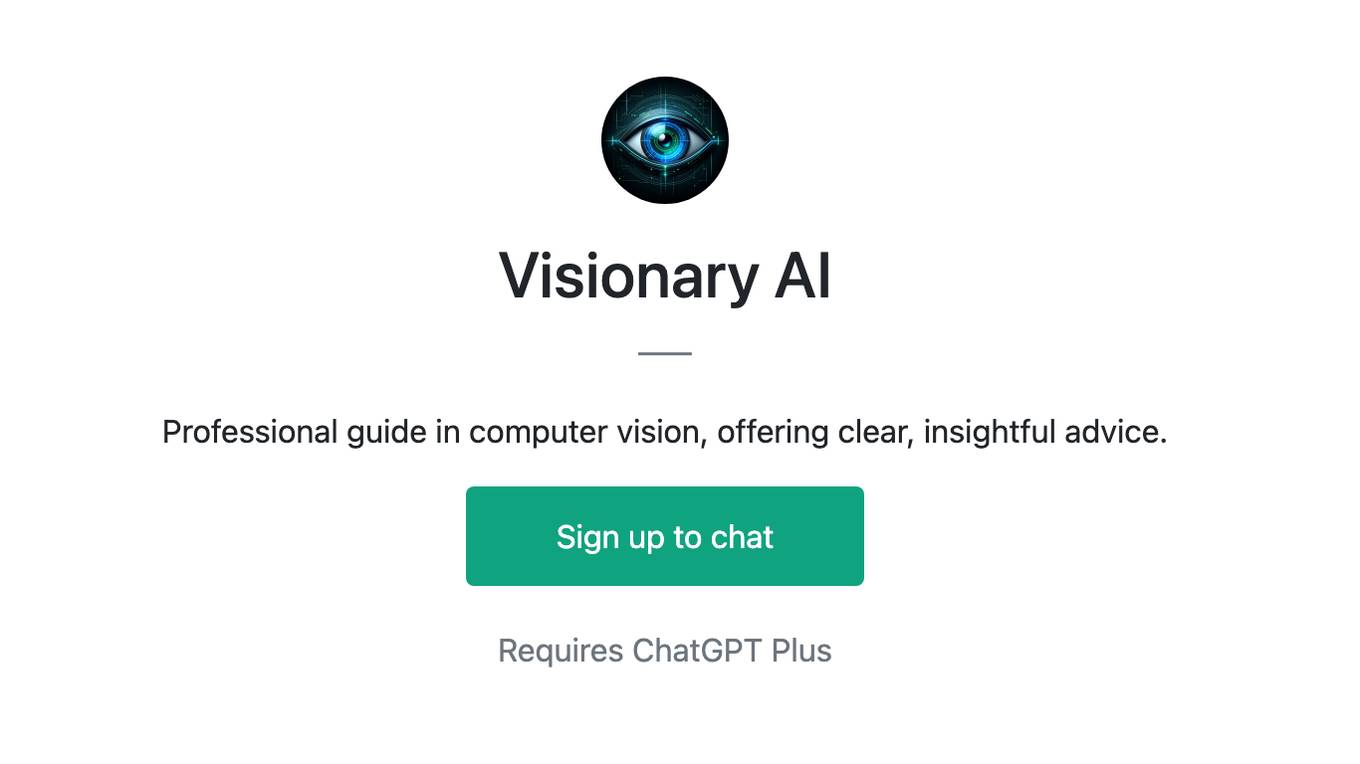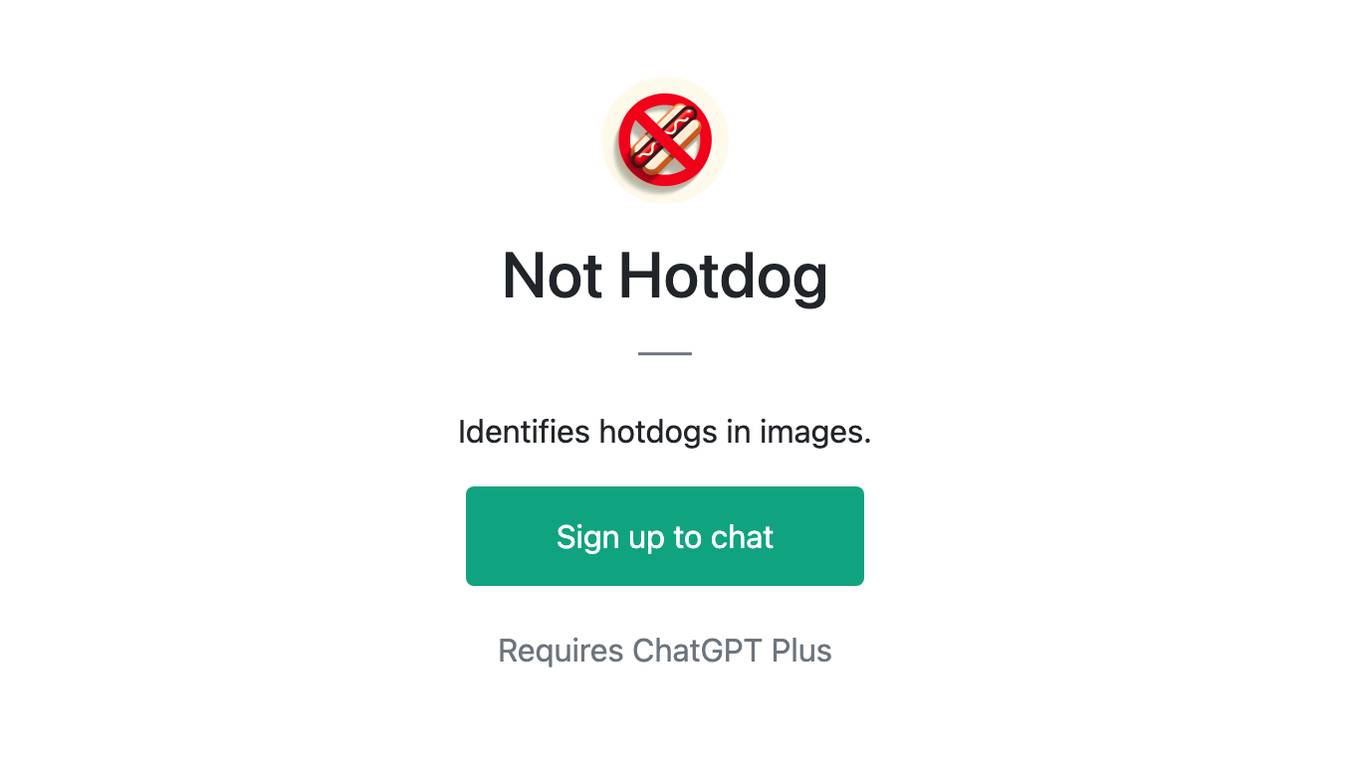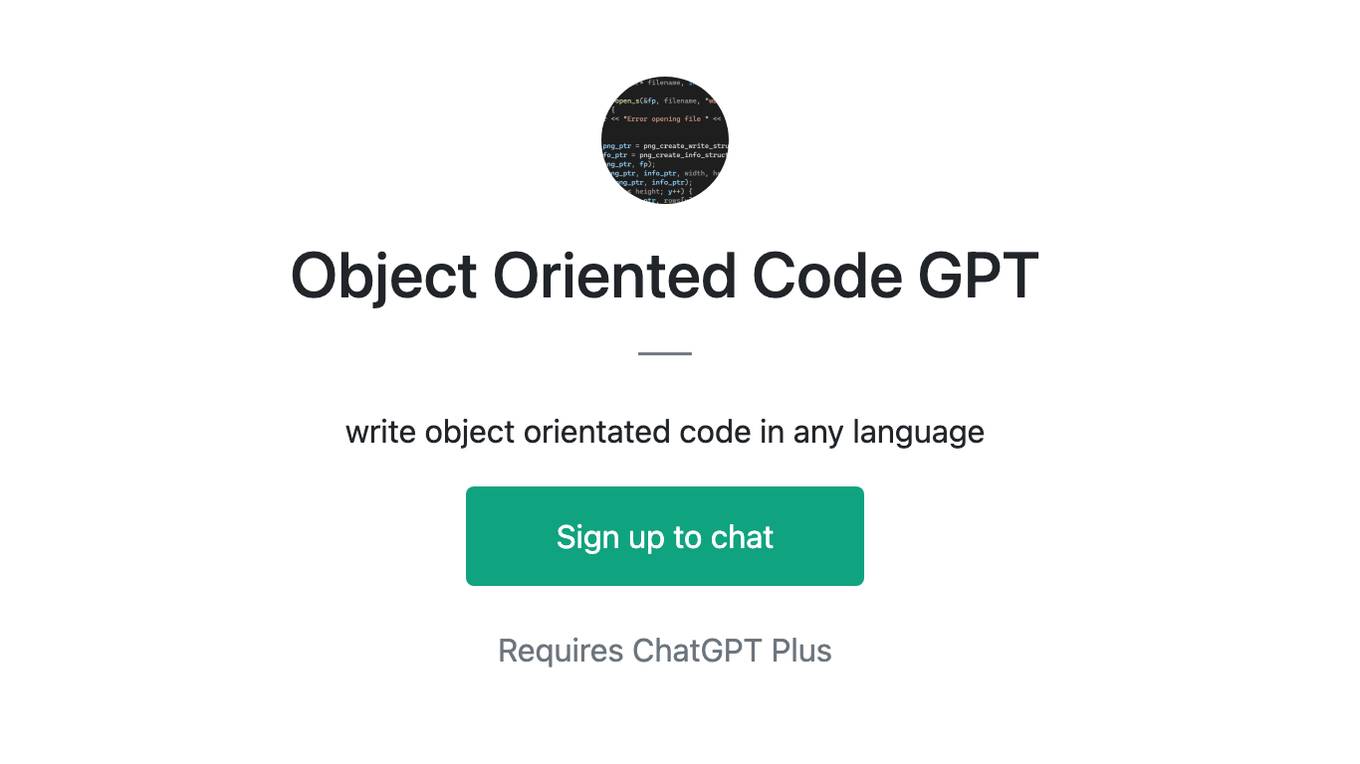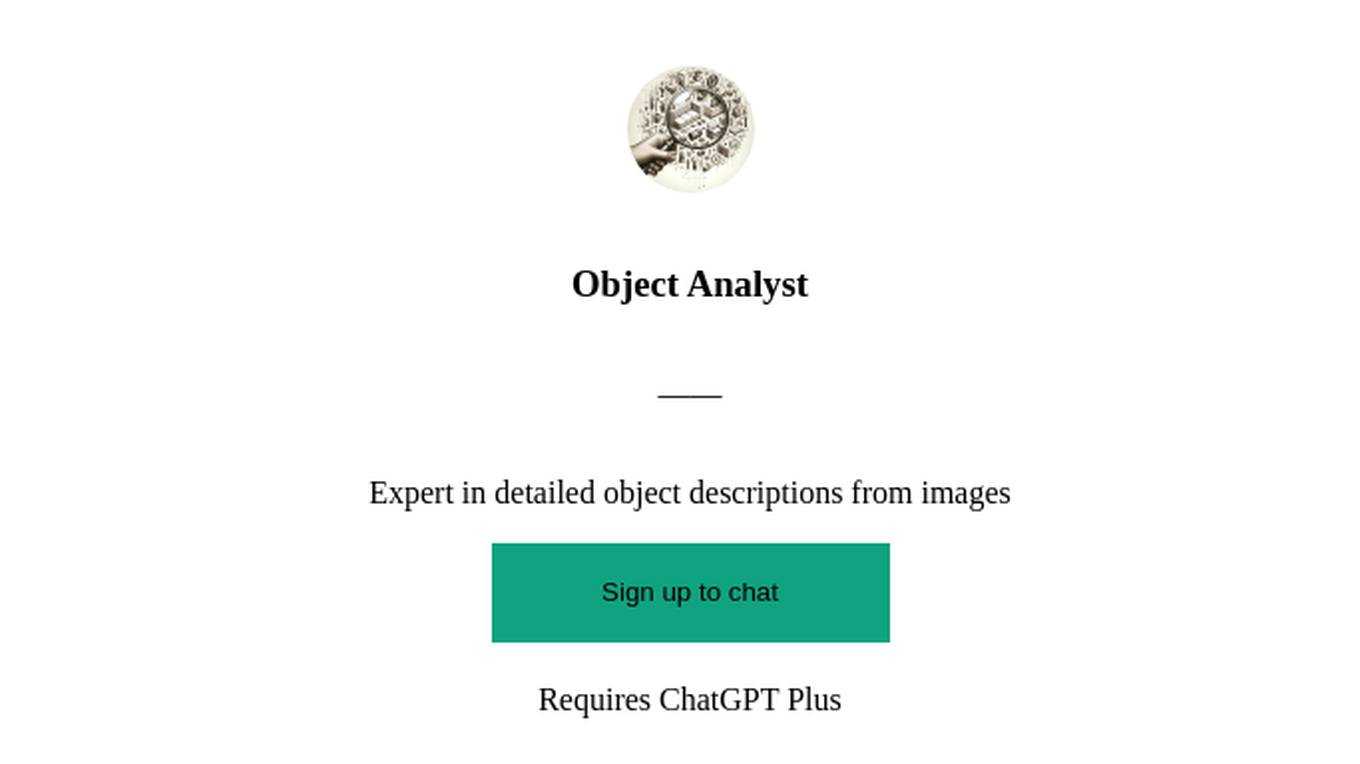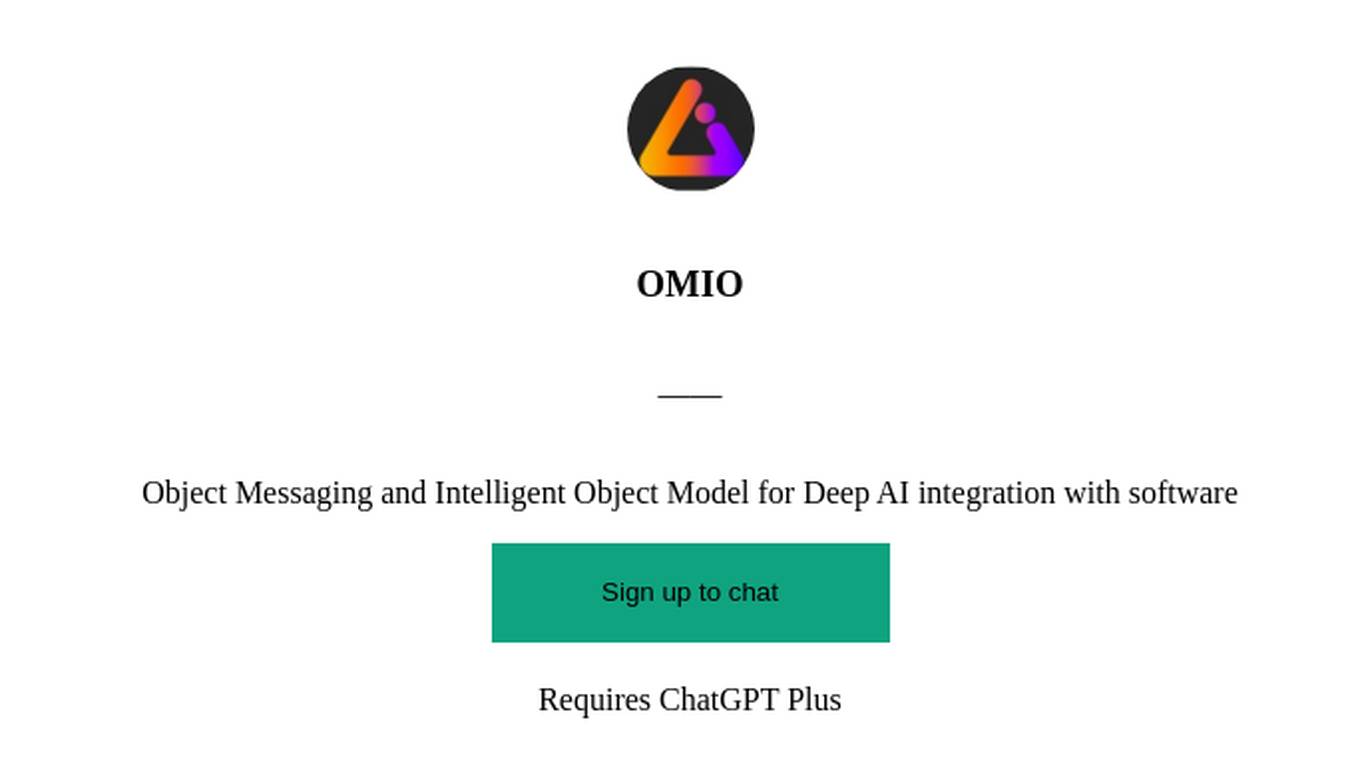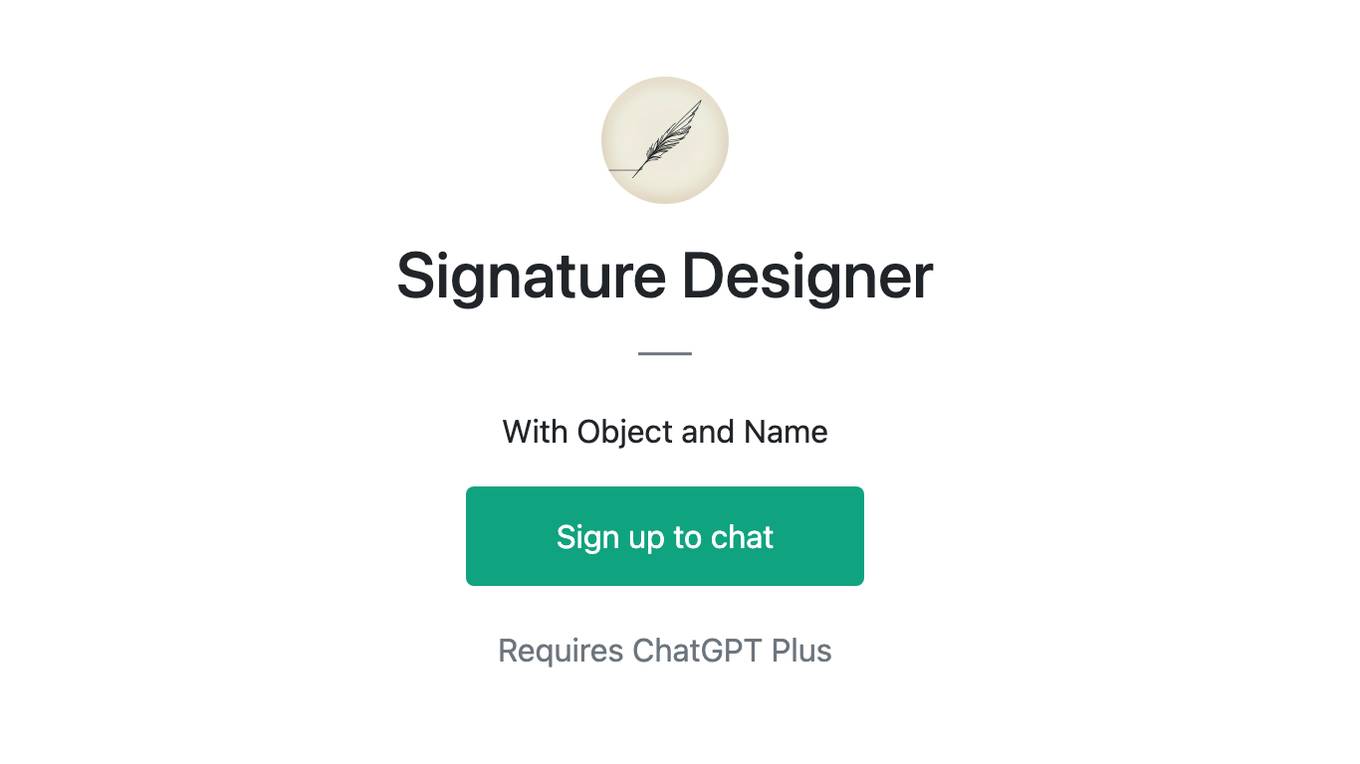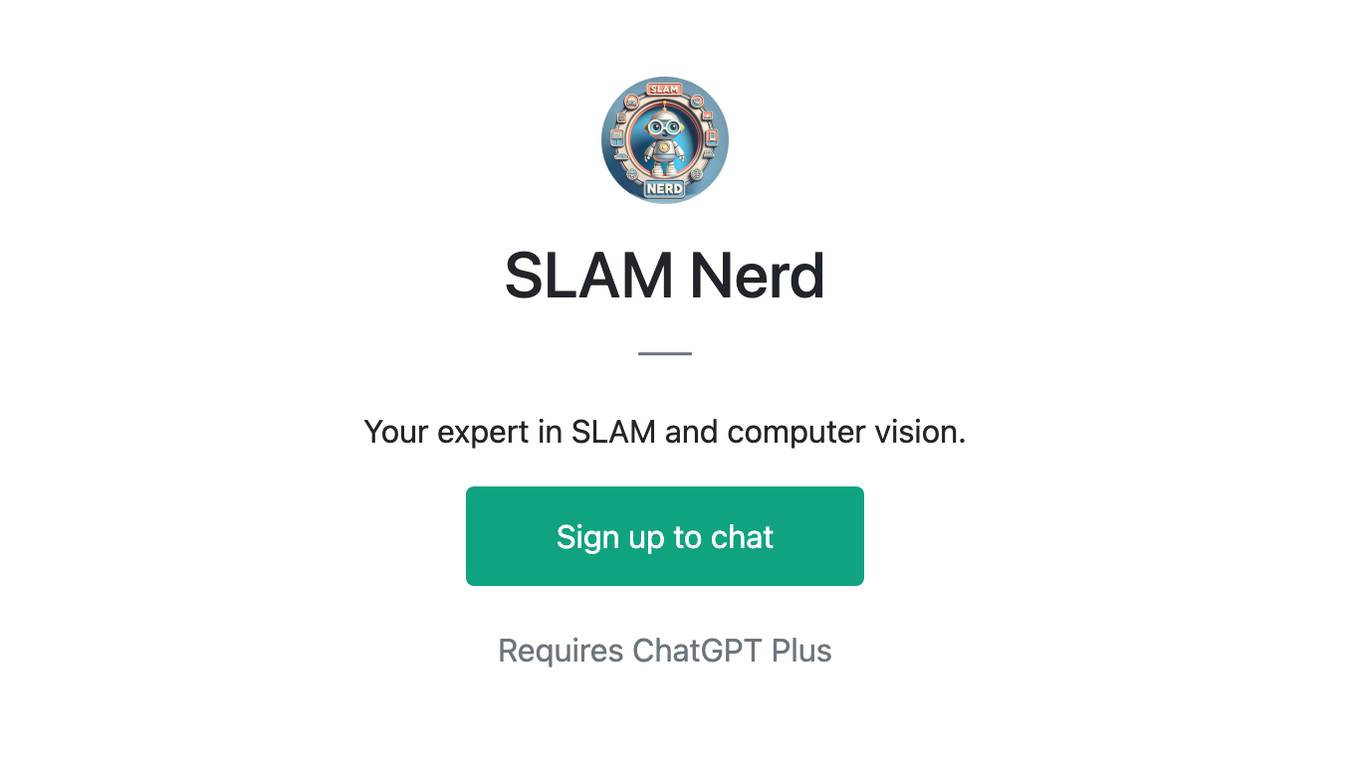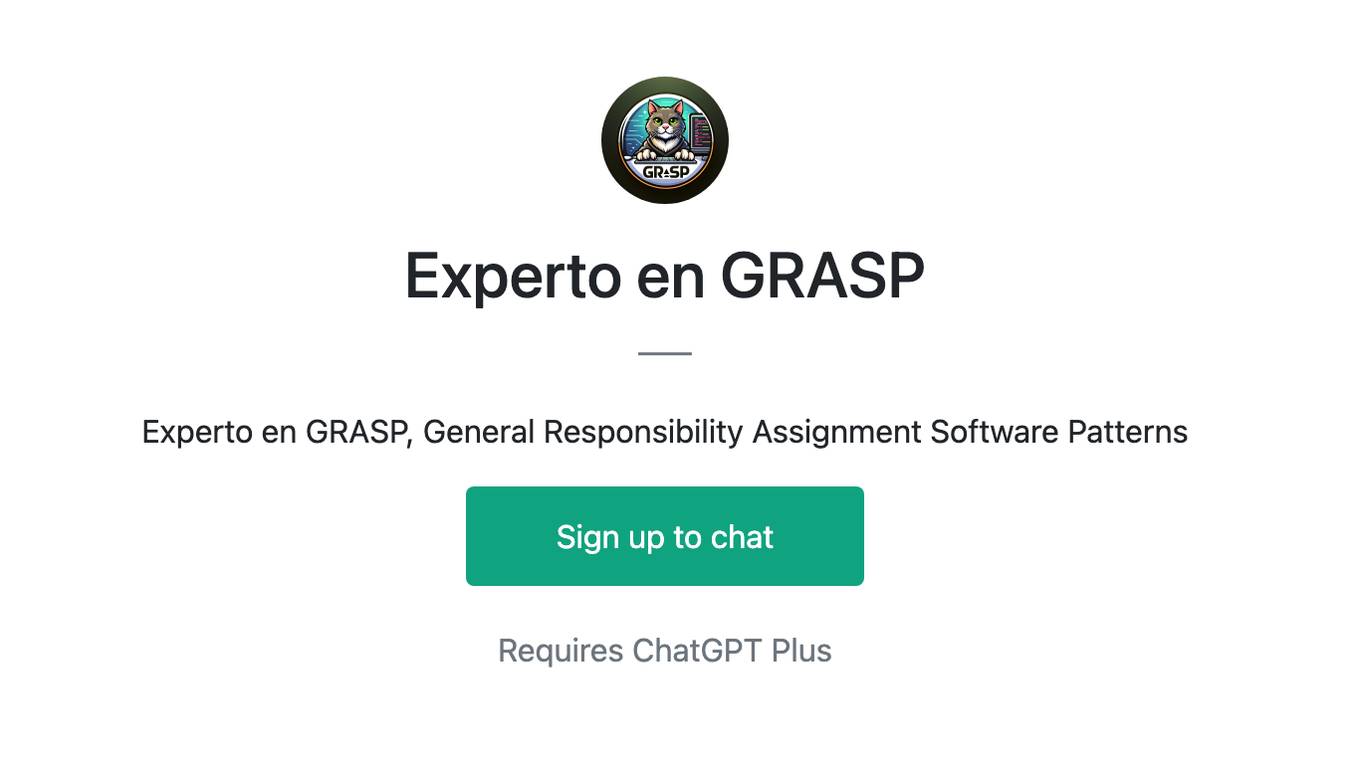Best AI tools for< Object Recognition >
20 - AI tool Sites
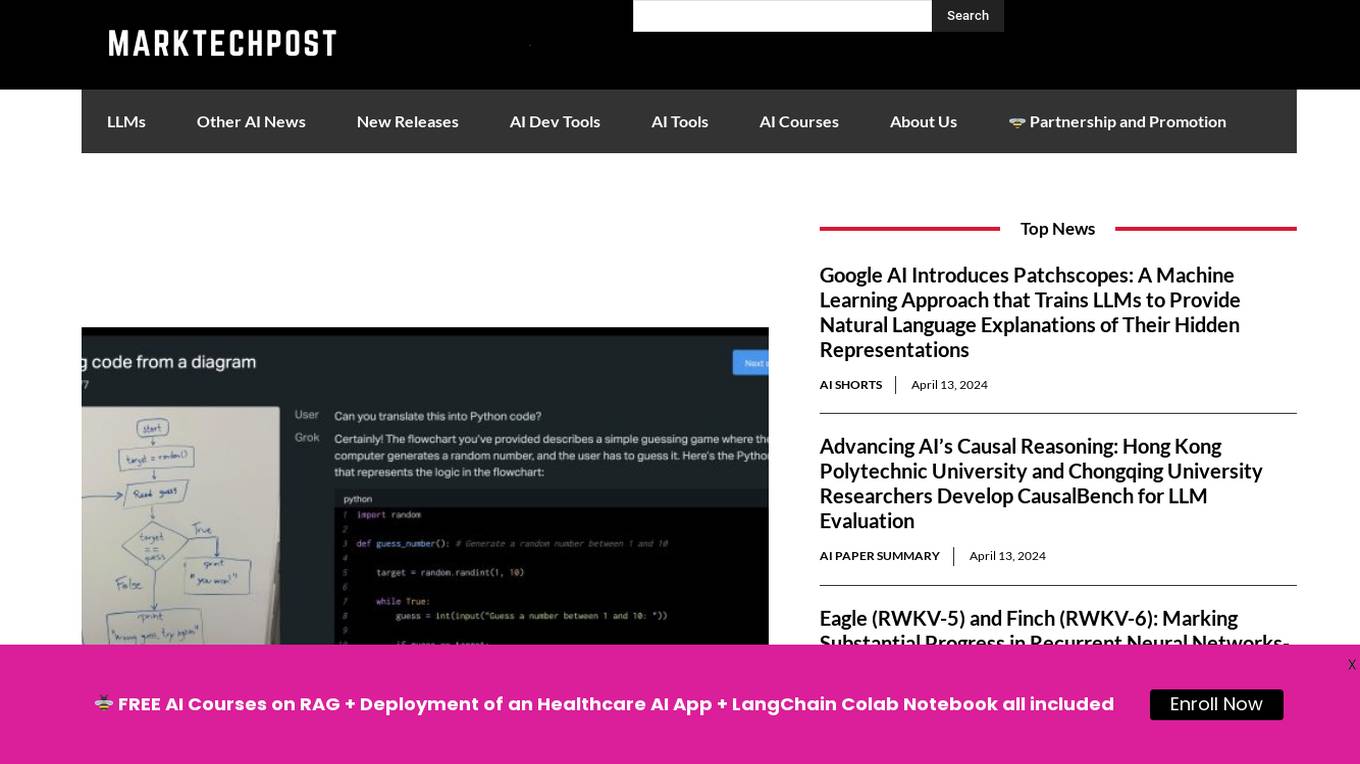
Grok-1.5 Vision
Grok-1.5 Vision (Grok-1.5V) is a groundbreaking multimodal AI model developed by Elon Musk's research lab, x.AI. This advanced model has the potential to revolutionize the field of artificial intelligence and shape the future of various industries. Grok-1.5V combines the capabilities of computer vision, natural language processing, and other AI techniques to provide a comprehensive understanding of the world around us. With its ability to analyze and interpret visual data, Grok-1.5V can assist in tasks such as object recognition, image classification, and scene understanding. Additionally, its natural language processing capabilities enable it to comprehend and generate human language, making it a powerful tool for communication and information retrieval. Grok-1.5V's multimodal nature sets it apart from traditional AI models, allowing it to handle complex tasks that require a combination of visual and linguistic understanding. This makes it a valuable asset for applications in fields such as healthcare, manufacturing, and customer service.
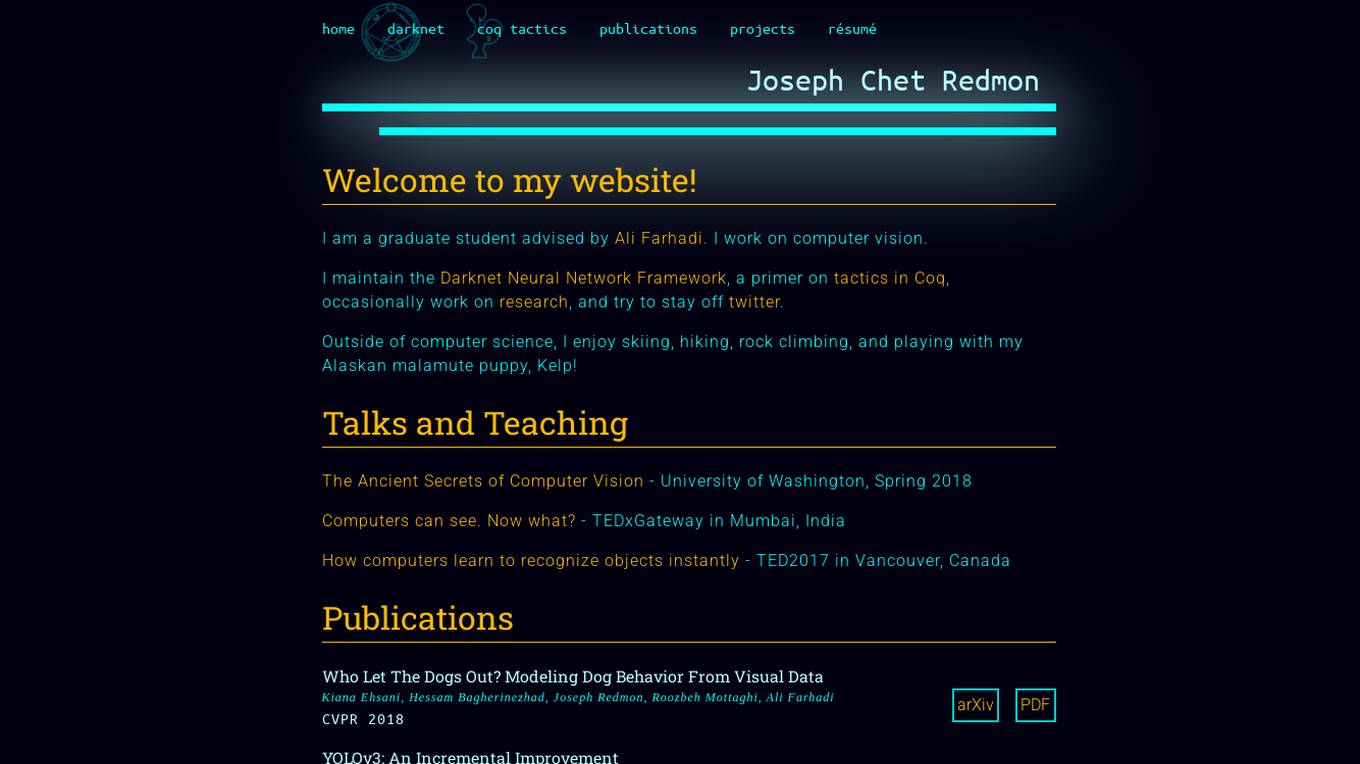
Joseph Chet Redmon's Computer Vision Platform
The website is a platform maintained by Joseph Chet Redmon, a graduate student working on computer vision. It features information on his projects, publications, talks, and teaching activities. The site also includes details about the Darknet Neural Network Framework, tactics in Coq, and research work. Visitors can learn about computer vision, object recognition, and visual question answering through the resources provided on the site.
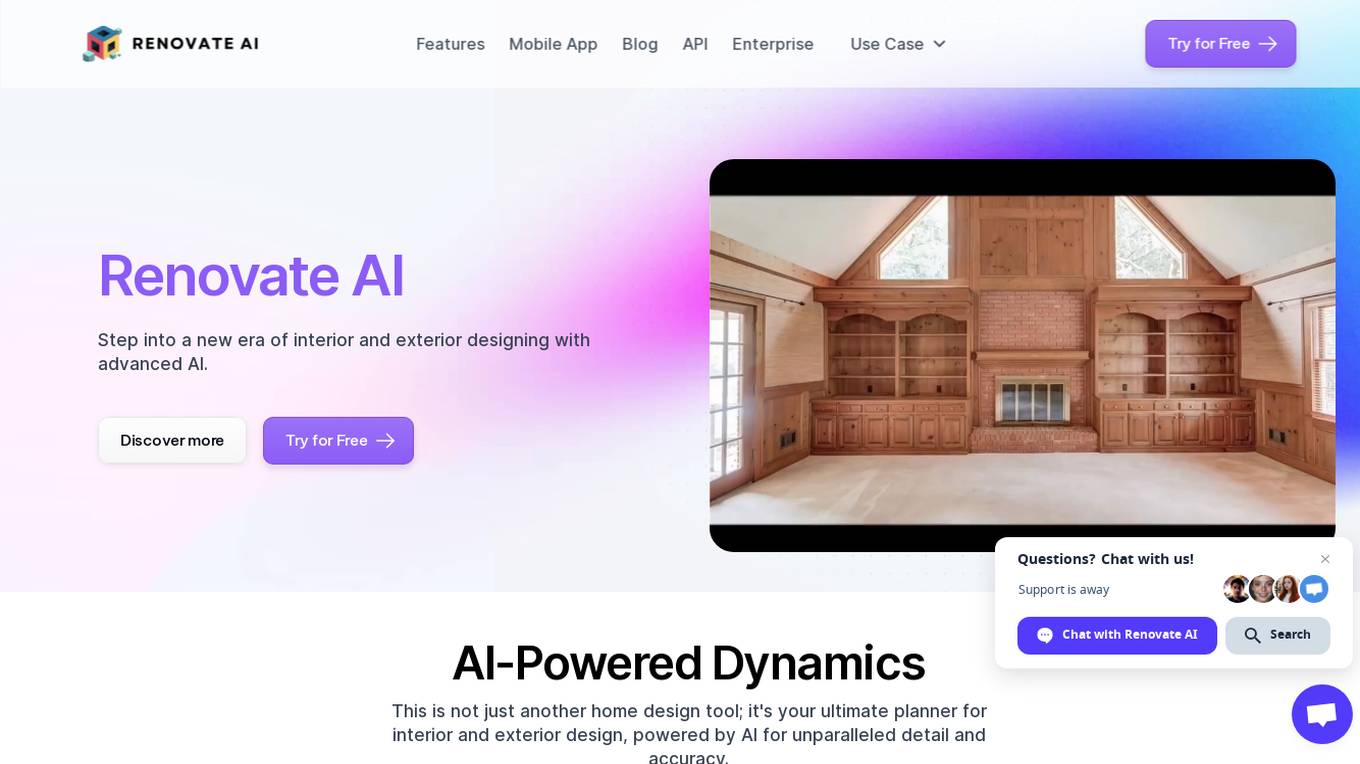
Renovate AI
Renovate AI is an advanced AI-powered home design application that revolutionizes interior and exterior designing. It offers real-time visualizations, intelligent object recognition, customizable styles, object removal, infinite design variations, and professional remodeling tools. Renovate AI is a versatile tool suitable for designers, homeowners, and real estate agents, providing unparalleled detail and accuracy in design planning.
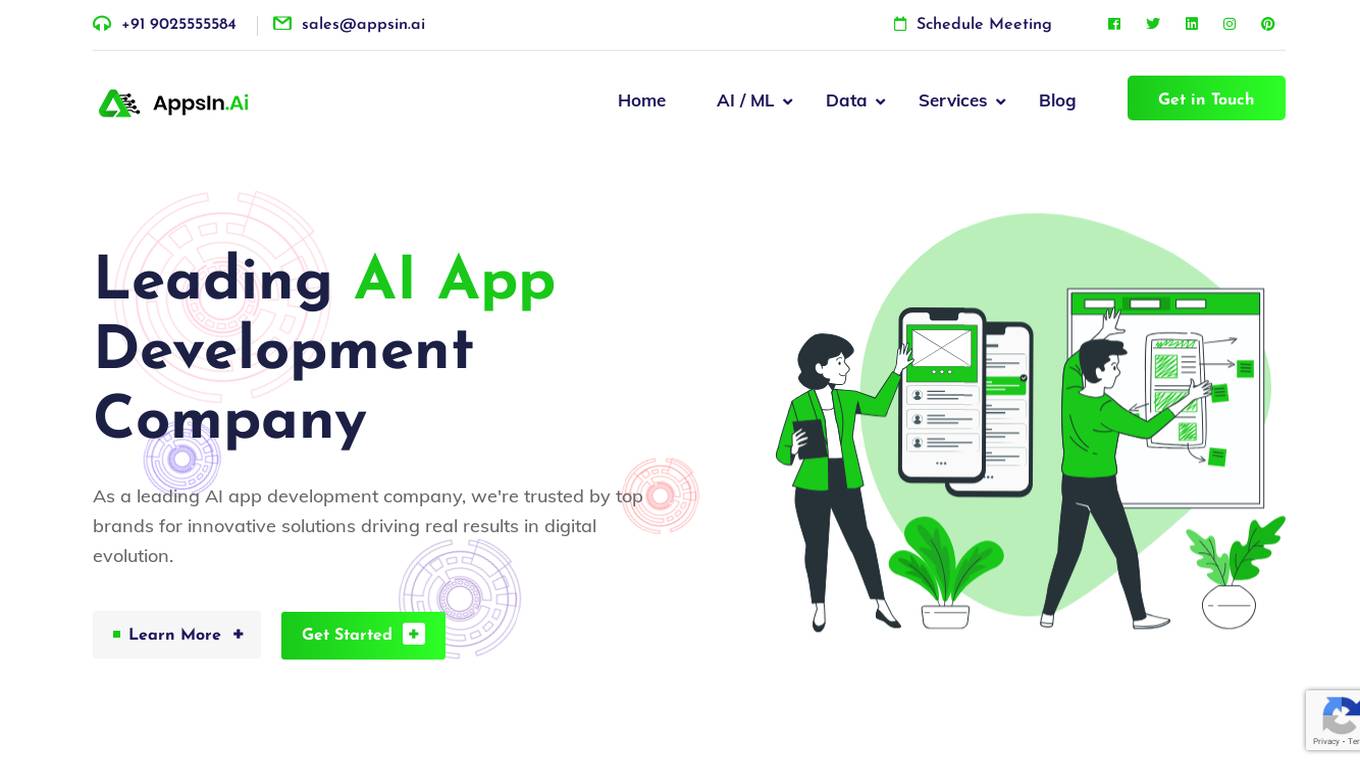
AppsInAi Private Limited
AppsInAi Private Limited is a leading AI app development company trusted by top brands for innovative solutions driving real results in digital evolution. They offer a wide range of services including AI and ML development, machine learning, generative AI, chatGPT development, object recognition, recommendation engine, robotic process automation, NFT development, data analytics, web scraping, mobile app development, web development, IoT development, CRM and CMS software development, blockchain development, and UI/UX design.

Album AI
Album AI is an AI-first album and gallery application that utilizes artificial intelligence technology to organize and manage photo albums. Users can interact with the application through chat functionality, allowing them to easily search for specific photos or create personalized albums. The application supports multiple languages and can recognize various objects and scenes in photos to enhance the user experience. With Album AI, users can effortlessly curate their photo collections and share them with friends and family.
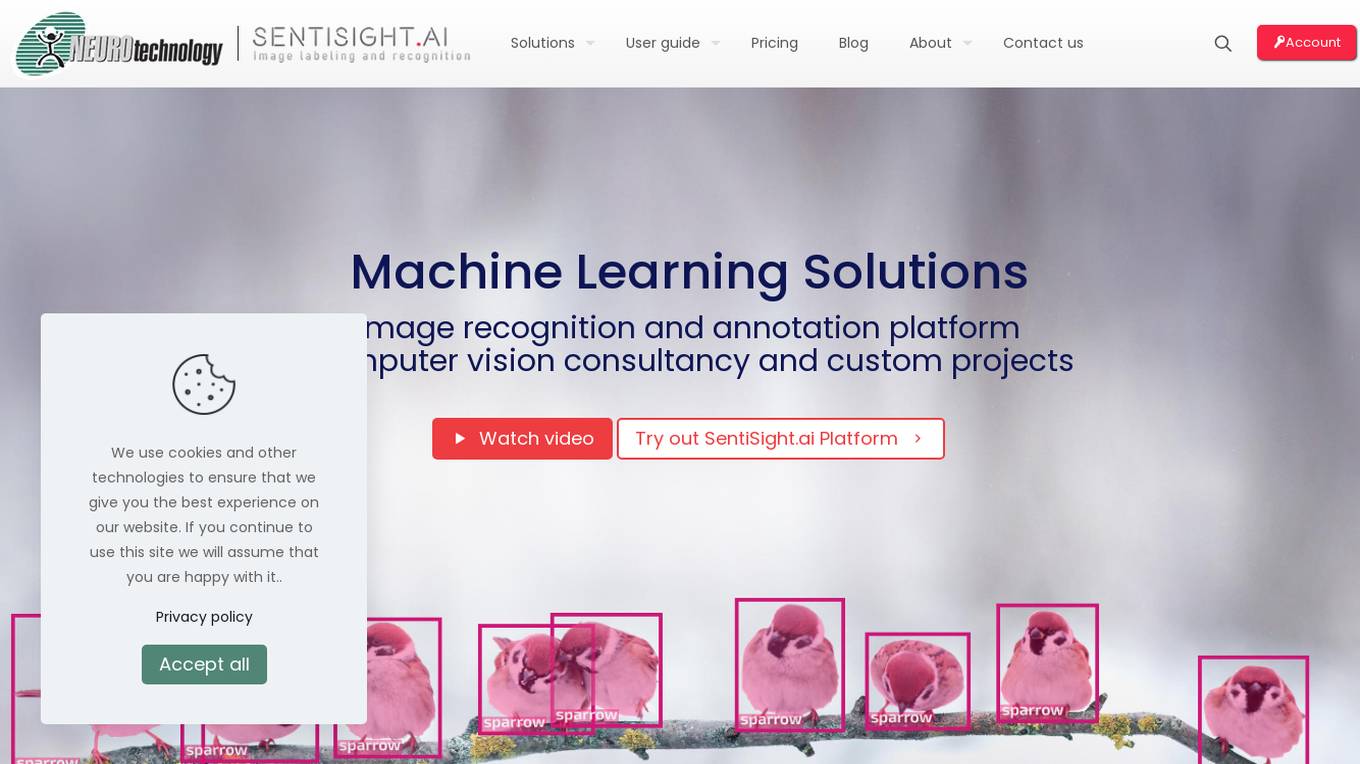
SentiSight.ai
SentiSight.ai is a machine learning platform for image recognition solutions, offering services such as object detection, image segmentation, image classification, image similarity search, image annotation, computer vision consulting, and intelligent automation consulting. Users can access pre-trained models, background removal, NSFW detection, text recognition, and image recognition API. The platform provides tools for image labeling, project management, and training tutorials for various image recognition models. SentiSight.ai aims to streamline the image annotation process, empower users to build and train their own models, and deploy them for online or offline use.
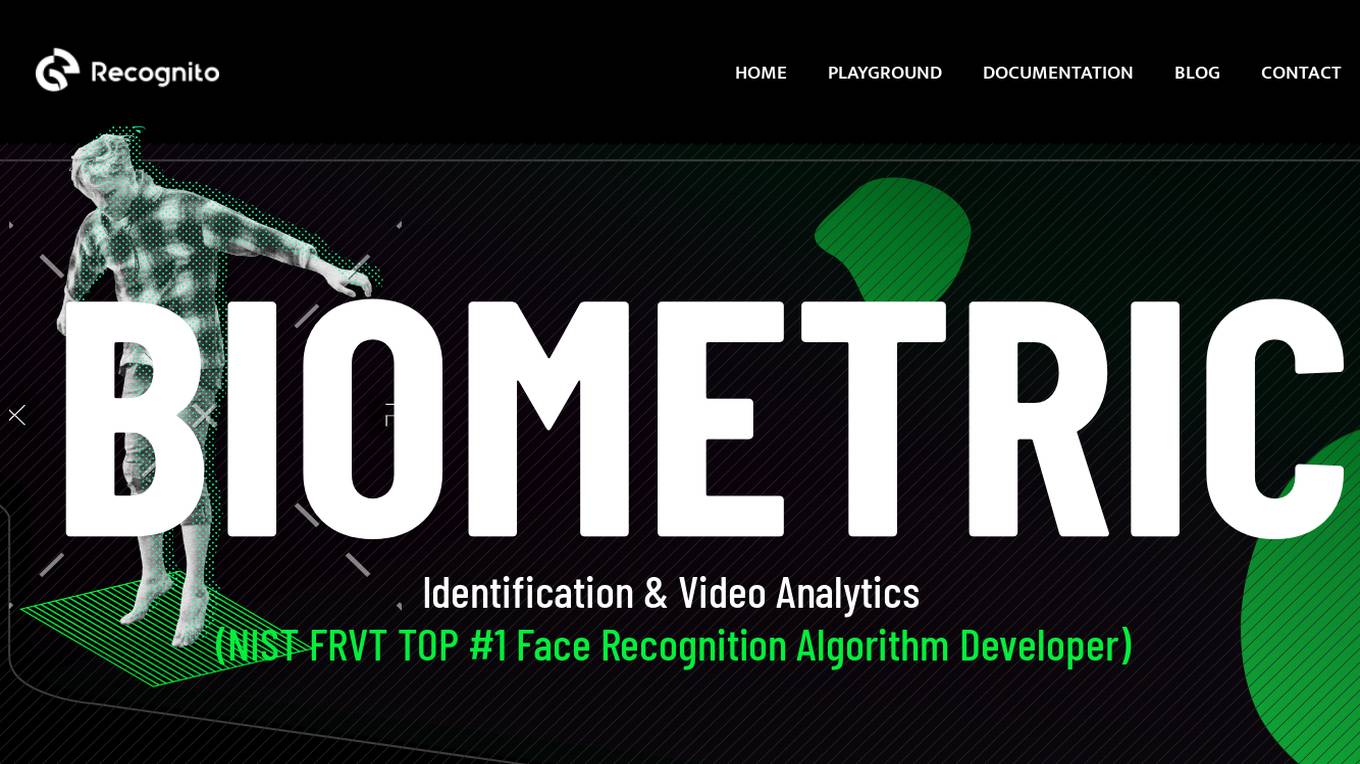
Recognito
Recognito is a leading facial recognition technology provider, offering the NIST FRVT Top 1 Face Recognition Algorithm. Their high-performance biometric technology is used by police forces and security services to enhance public safety, manage individual movements, and improve audience analytics for businesses. Recognito's software goes beyond object detection to provide detailed user role descriptions and develop user flows. The application enables rapid face and body attribute recognition, video analytics, and artificial intelligence analysis. With a focus on security, living, and business improvements, Recognito helps create safer and more prosperous cities.
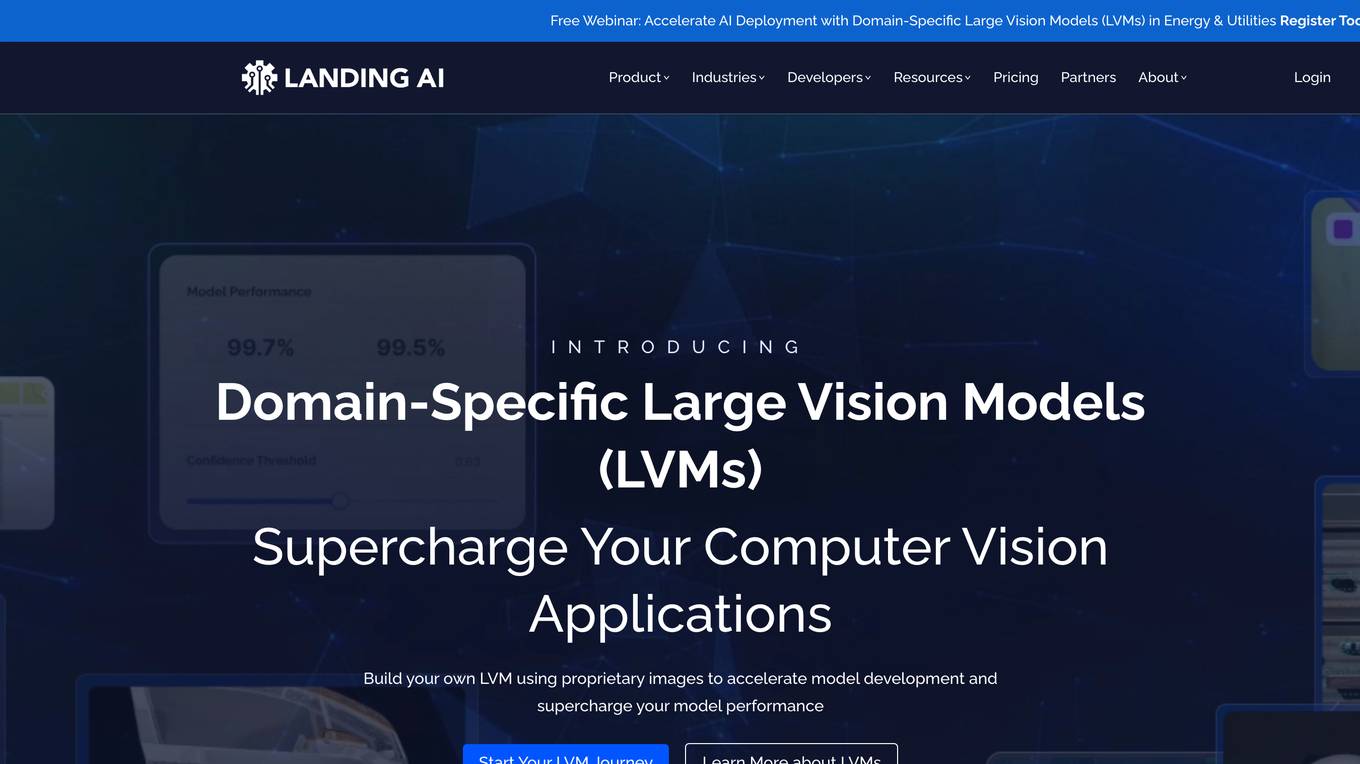
Landing AI
Landing AI is a computer vision platform and AI software company that provides a cloud-based platform for building and deploying computer vision applications. The platform includes a library of pre-trained models, a set of tools for data labeling and model training, and a deployment service that allows users to deploy their models to the cloud or edge devices. Landing AI's platform is used by a variety of industries, including automotive, electronics, food and beverage, medical devices, life sciences, agriculture, manufacturing, infrastructure, and pharma.
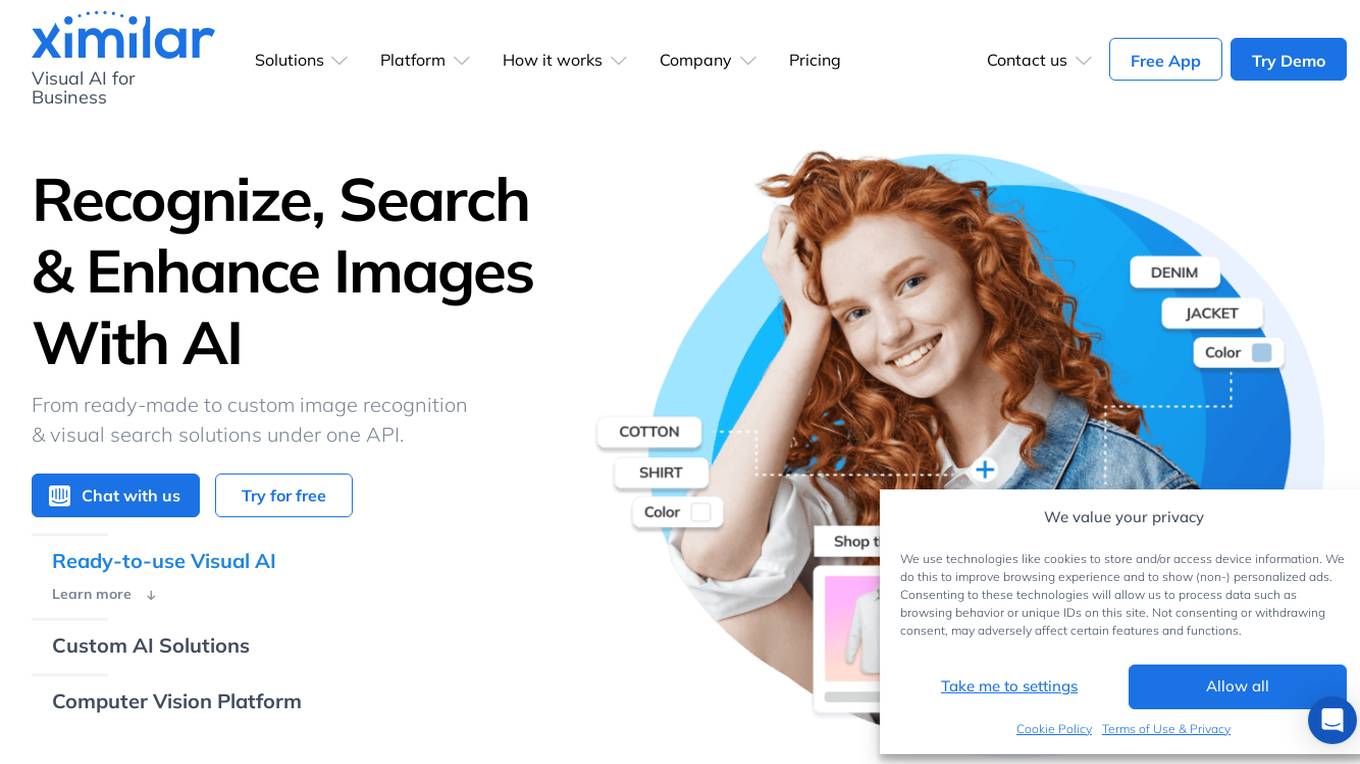
Ximilar Visual AI for Business
Ximilar Visual AI for Business is an AI tool that offers a comprehensive platform for image recognition and visual search solutions. It provides features such as image classification, regression, object detection, AI model combination, image annotation, and more. Users can easily build custom machine learning models without coding, access ready-to-use visual AI demos, and benefit from features like image upscaling, background removal, and color extraction. The platform caters to various industries including fashion, home decor, stock photos, collectibles, med & biotech, manufacturing, and real estate.
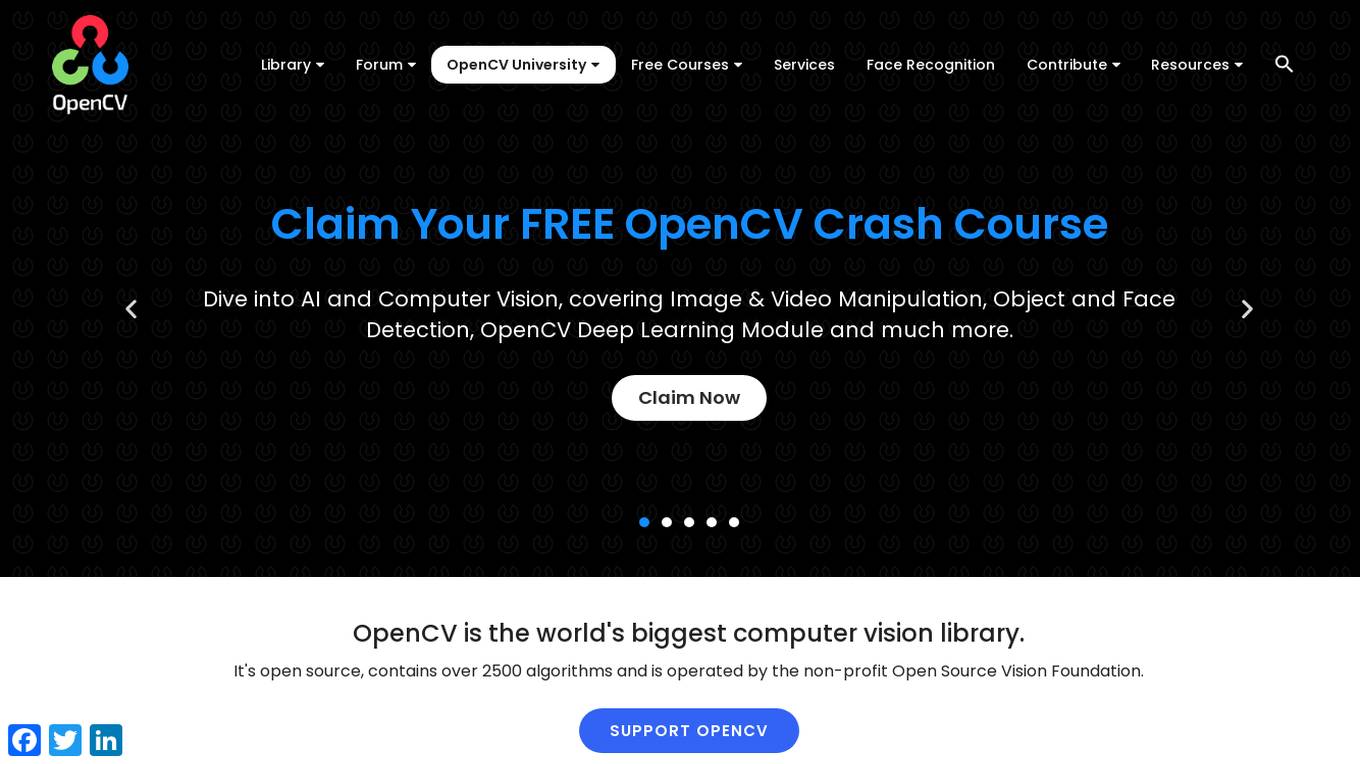
OpenCV
OpenCV is the world's largest computer vision library. It's open source, contains over 2500 algorithms and is operated by the non-profit Open Source Vision Foundation.
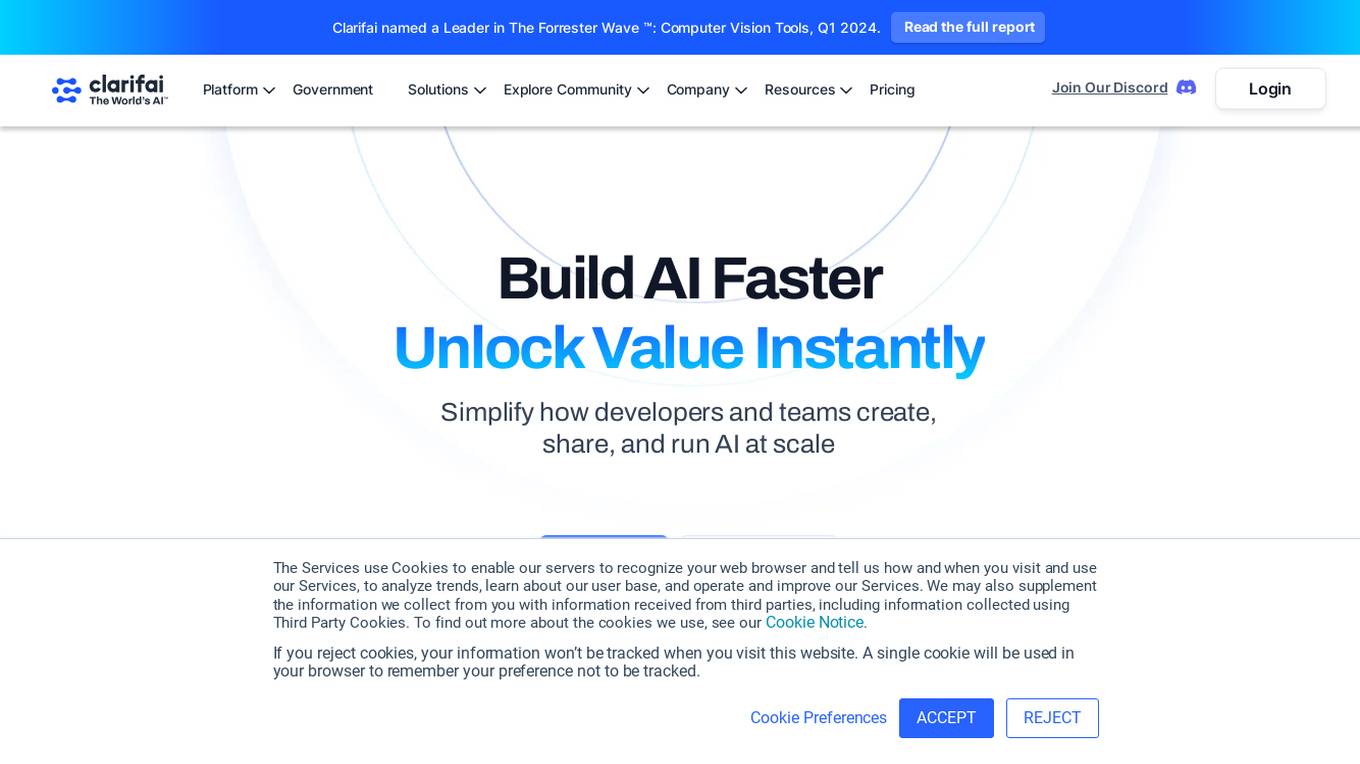
Clarifai
Clarifai is a full-stack AI developer platform that provides a range of tools and services for building and deploying AI applications. The platform includes a variety of computer vision, natural language processing, and generative AI models, as well as tools for data preparation, model training, and model deployment. Clarifai is used by a variety of businesses and organizations, including Fortune 500 companies, startups, and government agencies.
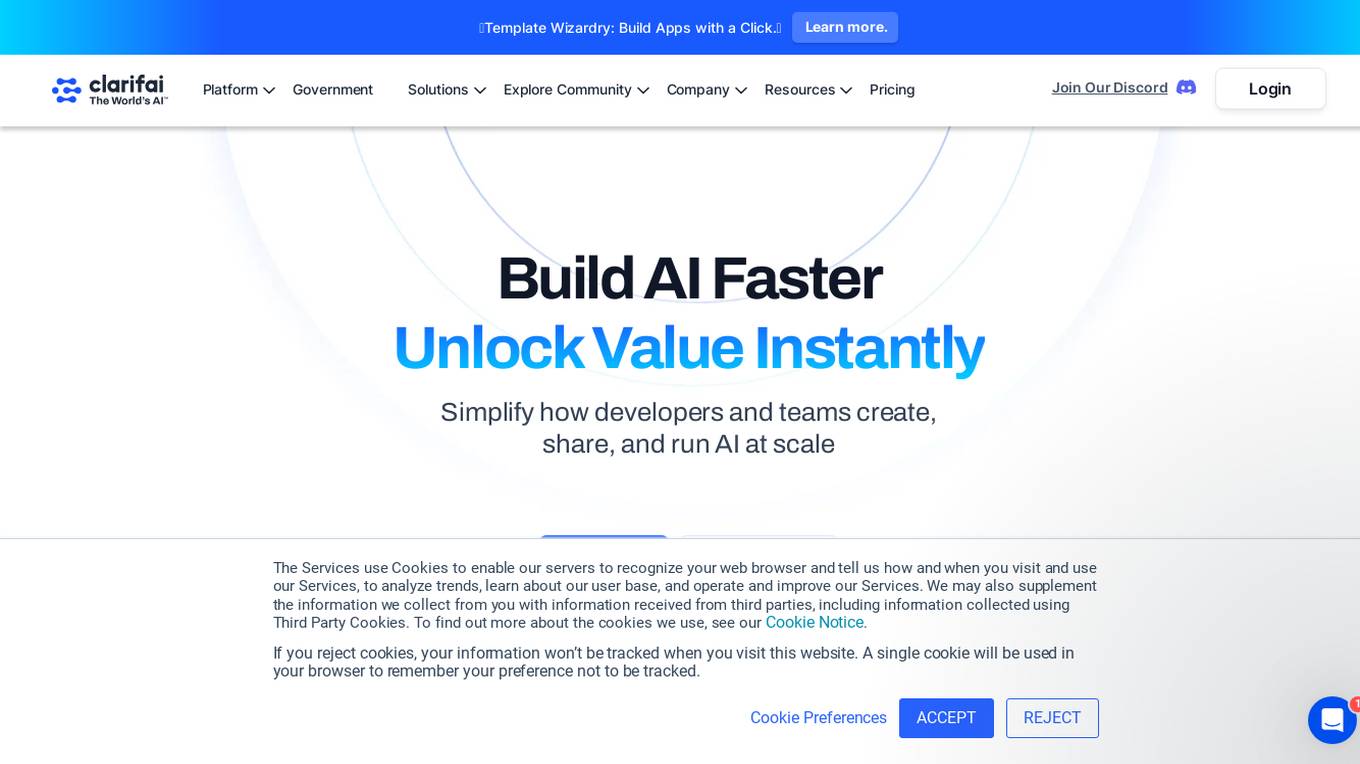
Clarifai
Clarifai is a full-stack AI platform that provides developers and ML engineers with the fastest, production-grade deep learning platform. It offers a wide range of features, including data preparation, model building, model operationalization, and AI workflows. Clarifai is used by a variety of companies, including Fortune 500 companies and startups, to build AI applications in a variety of industries, including retail, manufacturing, and healthcare.
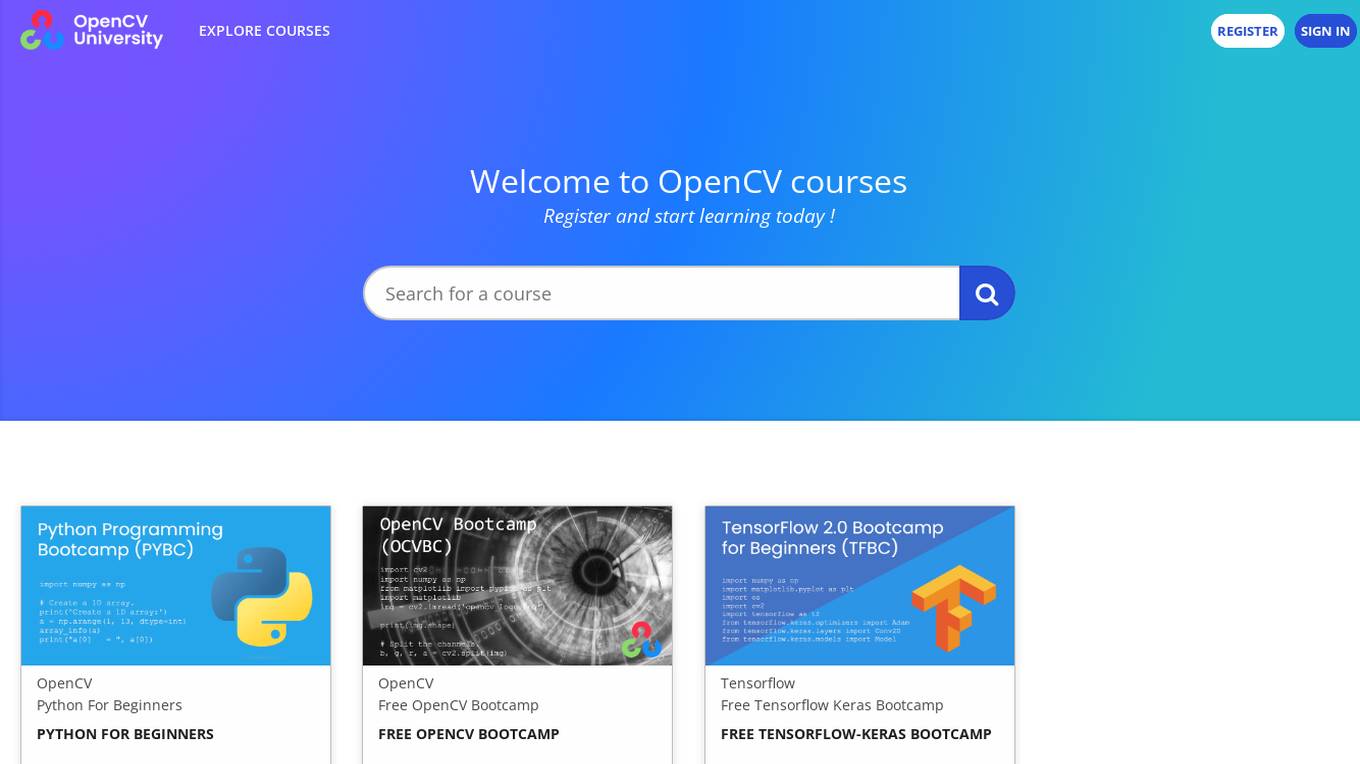
OpenCV
OpenCV is a library of programming functions mainly aimed at real-time computer vision. Originally developed by Intel, it was later supported by Willow Garage and is now maintained by Itseez. OpenCV is cross-platform and free for use under the open-source BSD license.
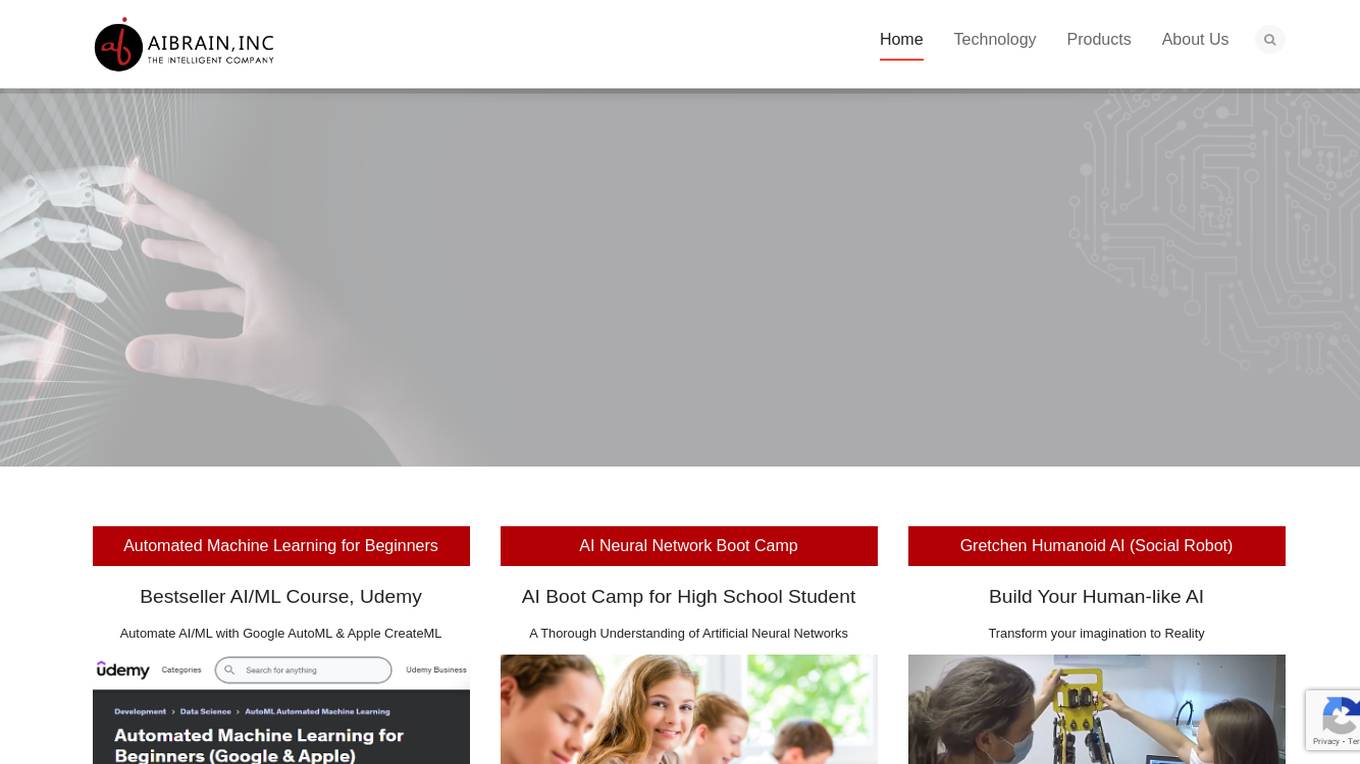
AIBrain
AIBrain is a tech start-up in Palo Alto, California with its focus on Education and Entertainment. AIBrain was recognized as a top 5 entertainment AI company in 2023 by Datamation. This includes bestseller AI courses, Autonomous Game AI, Humanoid AI, and Soccer AI/VR Assistant. AIBrain has also been actively involved in the Stanford Computer Forum as a member company since 2013. AIBrain has been leading the technology development on the areas of entertainment and education. AIBrain provides the Game Changer Football AI x VR solutions, called SAIVA (Sports AI Virtual Assistant) and SAICA (Sports AI Coach Assistant). As a world-class football / soccer solution, it was ranked at top 3 contender in the Camera Calibration Challenge, Soccer Net Challenges 2023. AIBrain Asia has been developing robotic AI such as Tyche, Talking Robot AI and Gretchen, Humanoid AI. In addition, we provide bestseller AI training program for non-AI professionals including Udemy Online: Automated Machine Learning for Beginners (Google & Apple), Bestseller, Udemy, 60,829 students, Dec 2023 Gretchen: Open Humanoid AI Platform. Beta Launch: January.
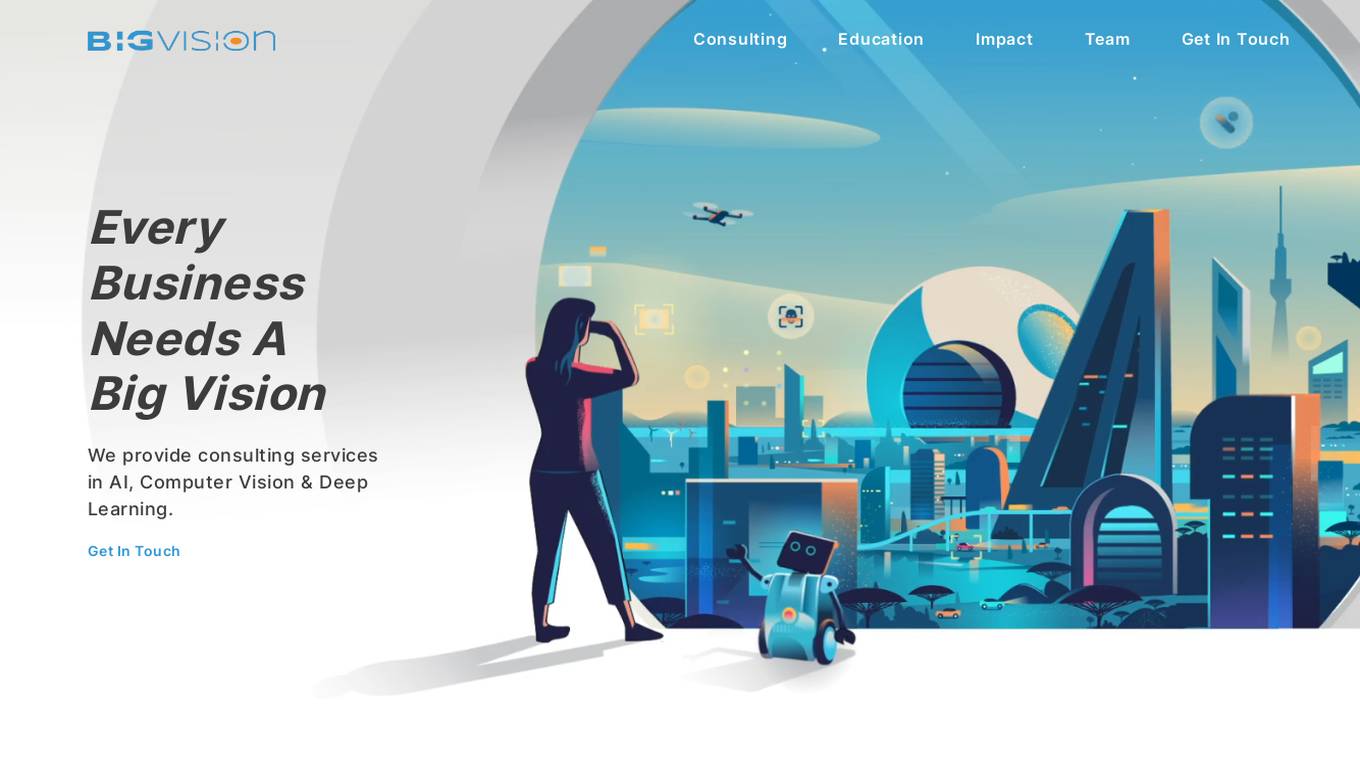
Big Vision
Big Vision provides consulting services in AI, computer vision, and deep learning. They help businesses build specific AI-driven solutions, create intelligent processes, and establish best practices to reduce human effort and enable faster decision-making. Their enterprise-grade solutions are currently serving millions of requests every month, especially in critical production environments.

Luxi
Luxi is an AI-powered tool that enables users to automatically discover items in images. By leveraging advanced image recognition technology, Luxi can accurately identify objects within images, making it easier for users to search, categorize, and analyze visual content. With Luxi, users can streamline their image processing workflows, saving time and effort in identifying and tagging objects within large image datasets.
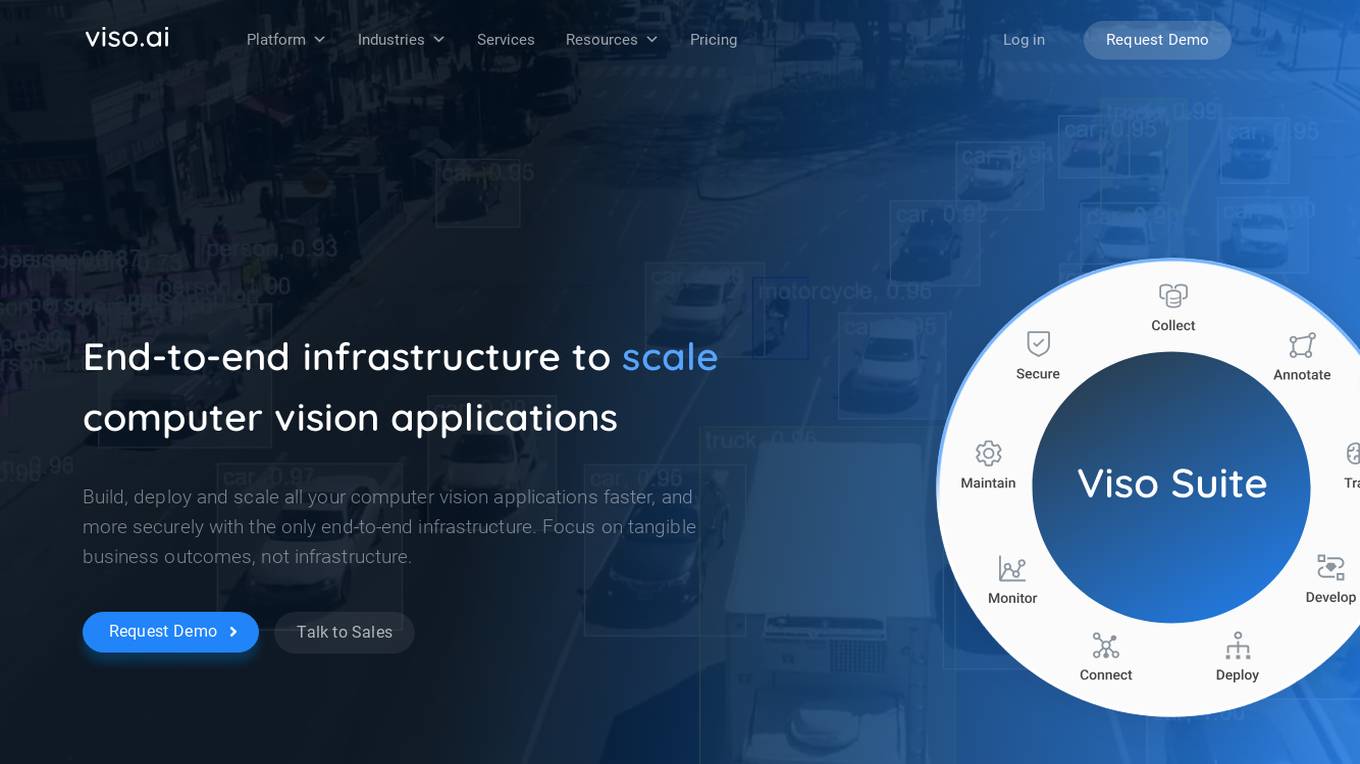
Viso Suite
Viso Suite is a no-code computer vision platform that enables users to build, deploy, and scale computer vision applications. It provides a comprehensive set of tools for data collection, annotation, model training, application development, and deployment. Viso Suite is trusted by leading Fortune Global companies and has been used to develop a wide range of computer vision applications, including object detection, image classification, facial recognition, and anomaly detection.
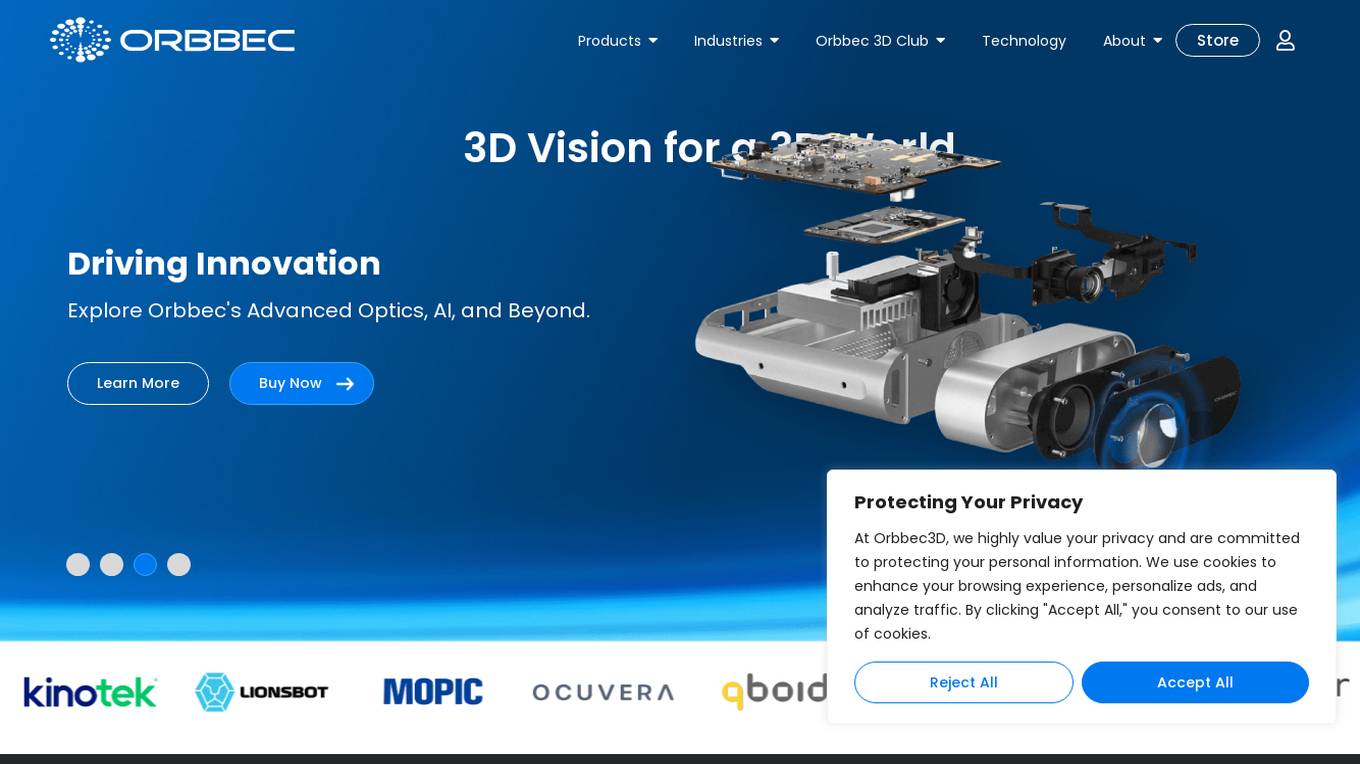
Orbbec
Orbbec is a leading provider of 3D vision technology, offering a wide range of 3D cameras and sensors for various applications. With a focus on AI, optics, and advanced algorithms, Orbbec empowers developers and enterprises to create immersive experiences, precise measurements, and advanced visualizations. Their products include stereo vision cameras, ToF cameras, structured light cameras, camera computers, and lidar sensors, catering to industries such as manufacturing, healthcare, robotics, fitness, logistics, and retail.
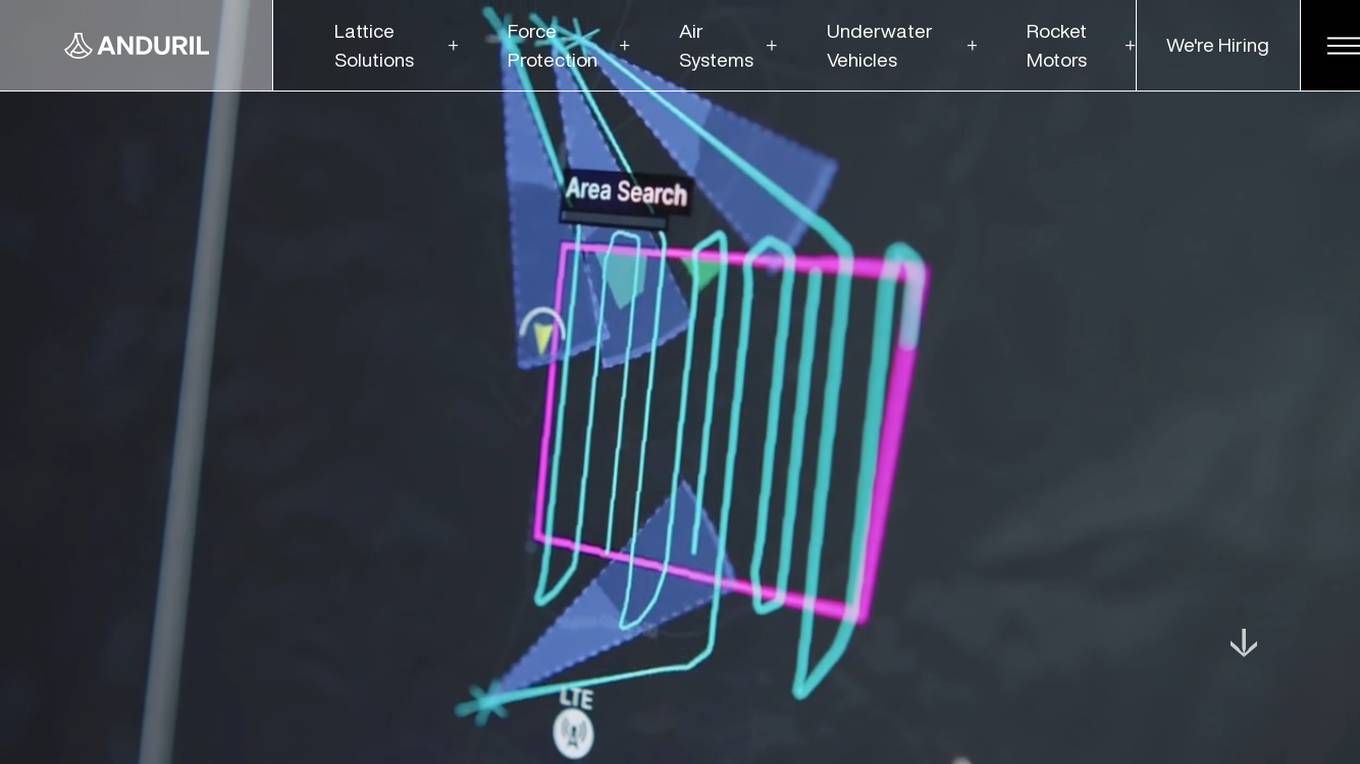
Anduril Industries
Anduril Industries is a defense technology company that develops autonomous systems for land, sea, and air. The company's products include the Lattice operating system, which powers a family of autonomous systems that provide integrated, persistent awareness and security. Anduril also develops counter-UAS, counter-intrusion, and maritime counter-intrusion systems. The company's mission is to transform defense capabilities with advanced technology.

AEye
AEye is a leading provider of software-defined lidar solutions for autonomous applications. Our 4Sight Intelligent Sensing Platform provides accurate, reliable, and real-time perception data to enable safer and more efficient navigation. AEye's lidar products are designed to meet the unique requirements of automotive, trucking, and smart infrastructure applications.
1 - Open Source AI Tools
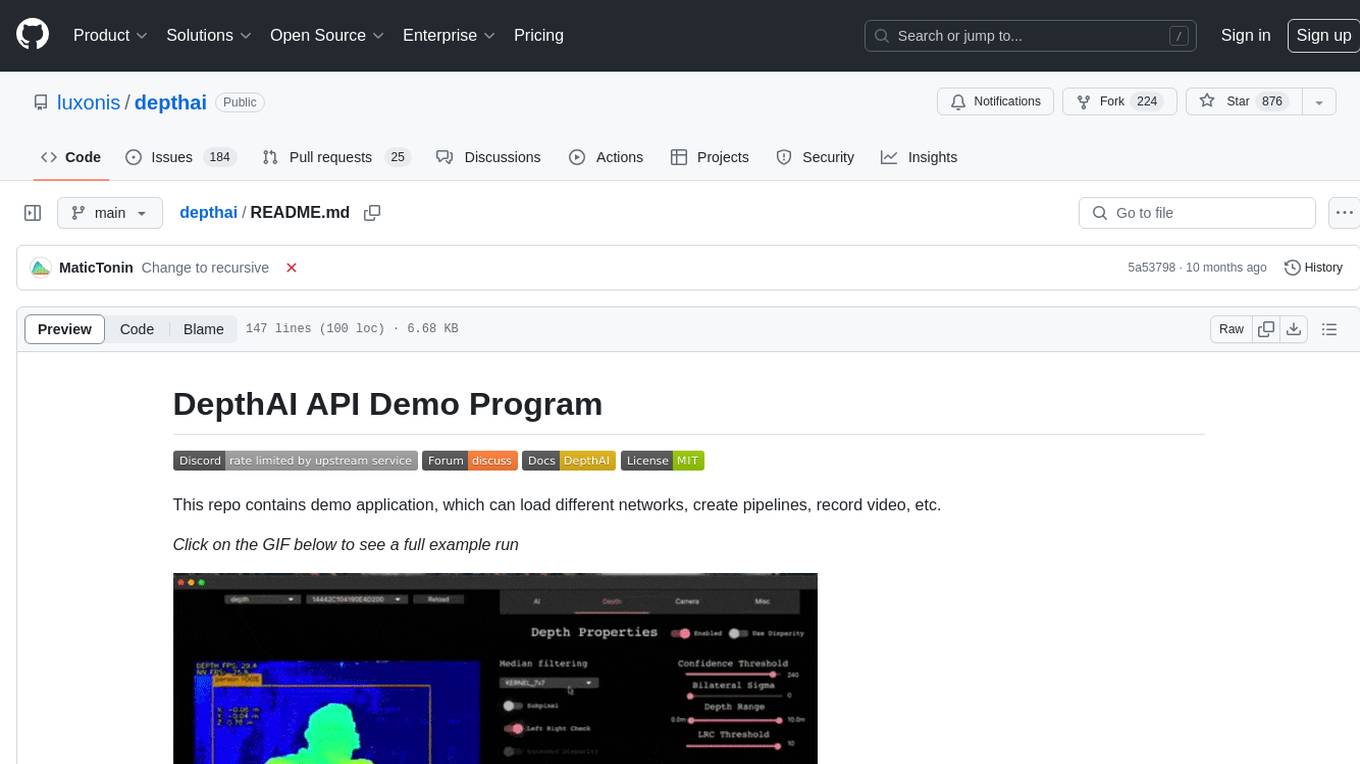
depthai
This repository contains a demo application for DepthAI, a tool that can load different networks, create pipelines, record video, and more. It provides documentation for installation and usage, including running programs through Docker. Users can explore DepthAI features via command line arguments or a clickable QT interface. Supported models include various AI models for tasks like face detection, human pose estimation, and object detection. The tool collects anonymous usage statistics by default, which can be disabled. Users can report issues to the development team for support and troubleshooting.
20 - OpenAI Gpts
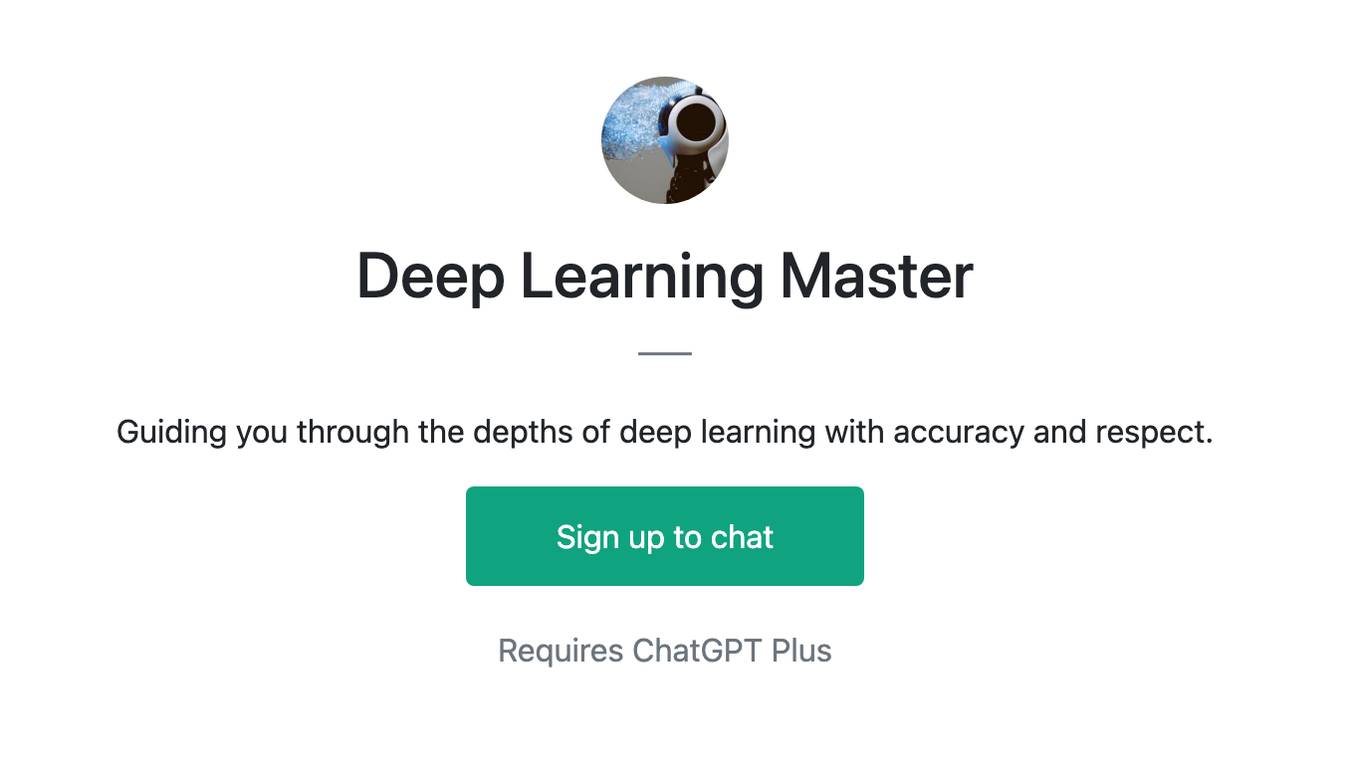
Deep Learning Master
Guiding you through the depths of deep learning with accuracy and respect.

Value Scout - Keep, Sell, or Toss!
Wondering what something might be worth? Get started instantly - just upload an image!
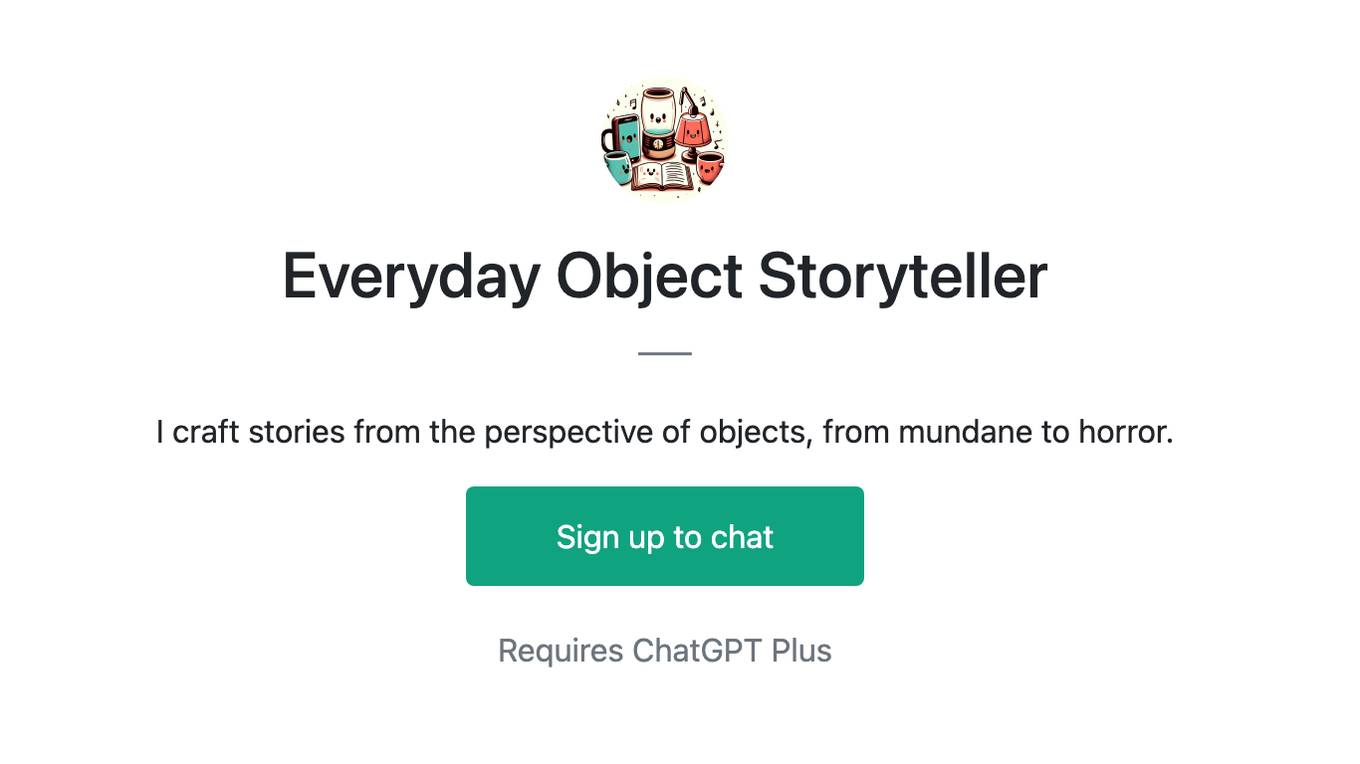
Everyday Object Storyteller
I craft stories from the perspective of objects, from mundane to horror.
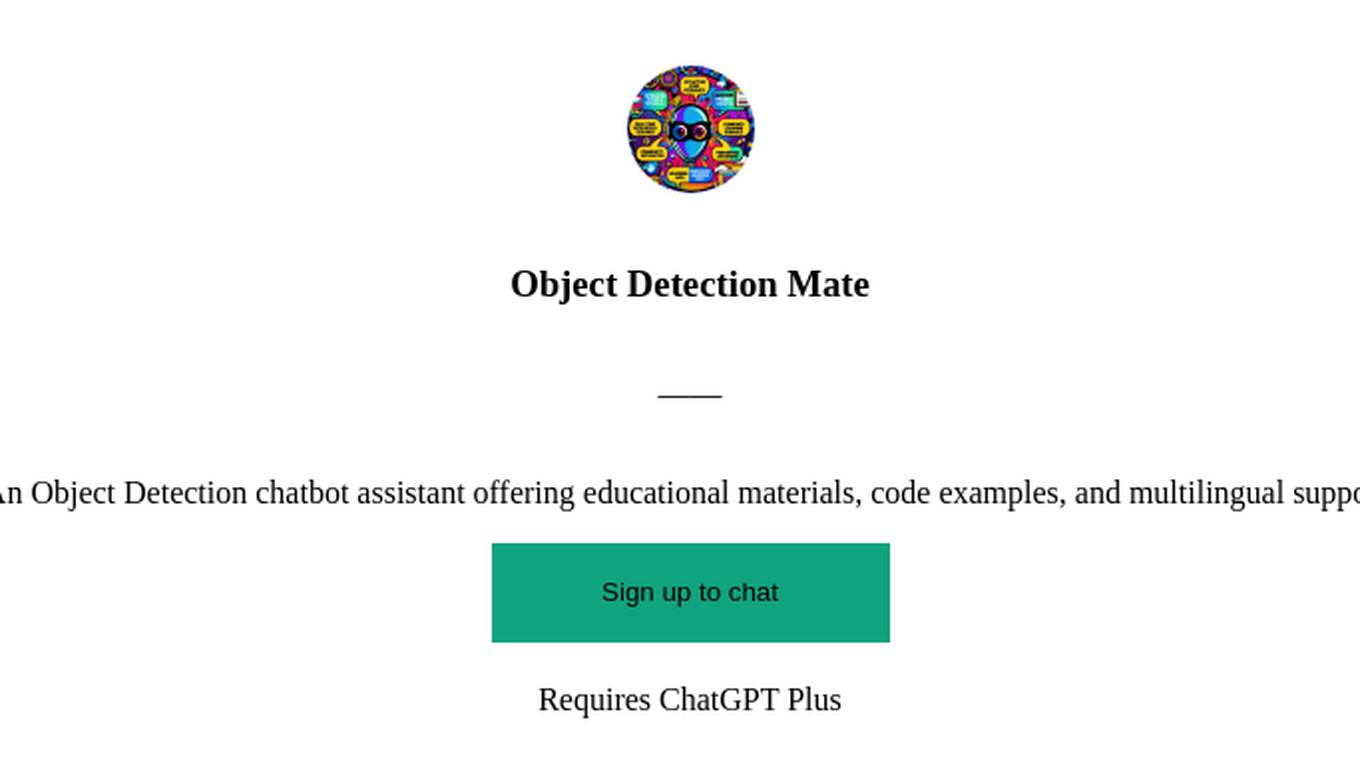
Object Detection Mate
An Object Detection chatbot assistant offering educational materials, code examples, and multilingual support.
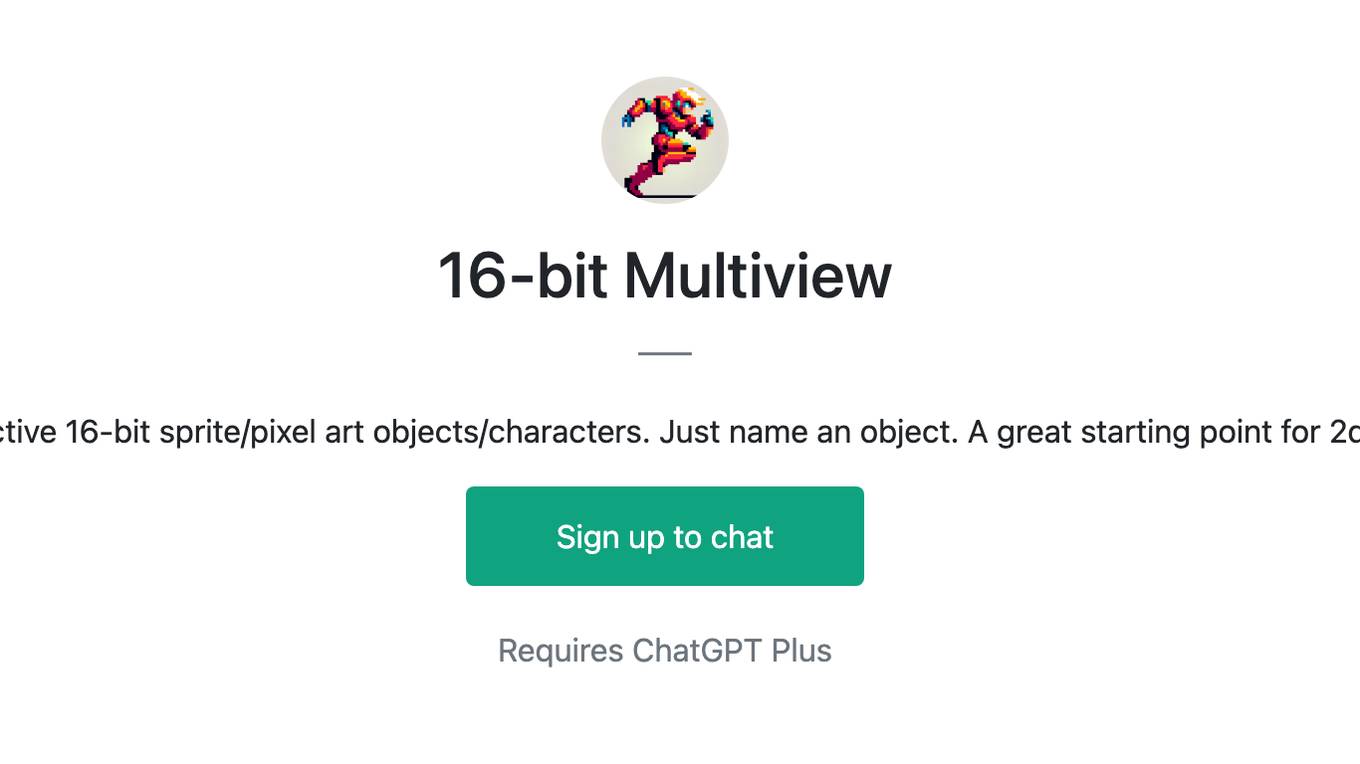
16-bit Multiview
Multiple perspective 16-bit sprite/pixel art objects/characters. Just name an object. A great starting point for 2d game assets.
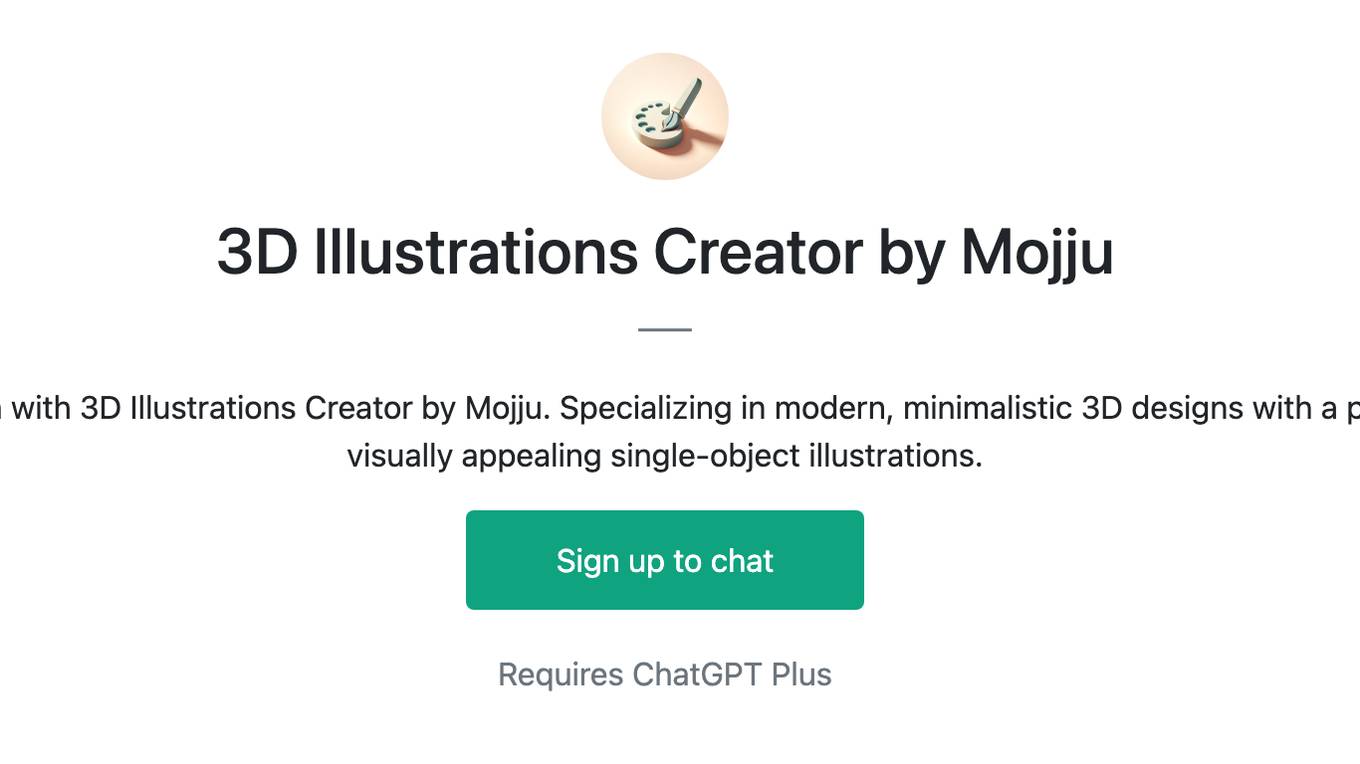
3D Illustrations Creator by Mojju
Experience bespoke 3D illustration creation with 3D Illustrations Creator by Mojju. Specializing in modern, minimalistic 3D designs with a playful touch, it transforms your ideas into visually appealing single-object illustrations.
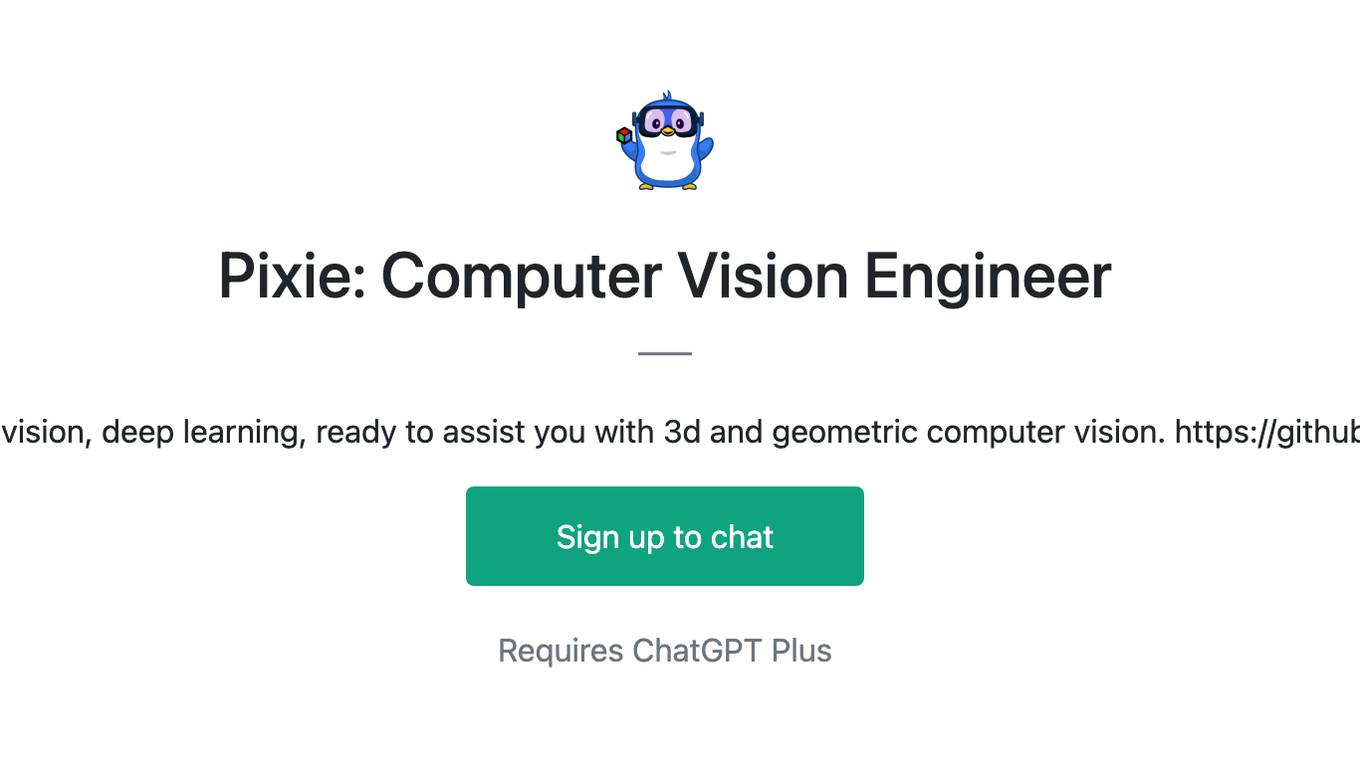
Pixie: Computer Vision Engineer
Expert in computer vision, deep learning, ready to assist you with 3d and geometric computer vision. https://github.com/kornia/pixie
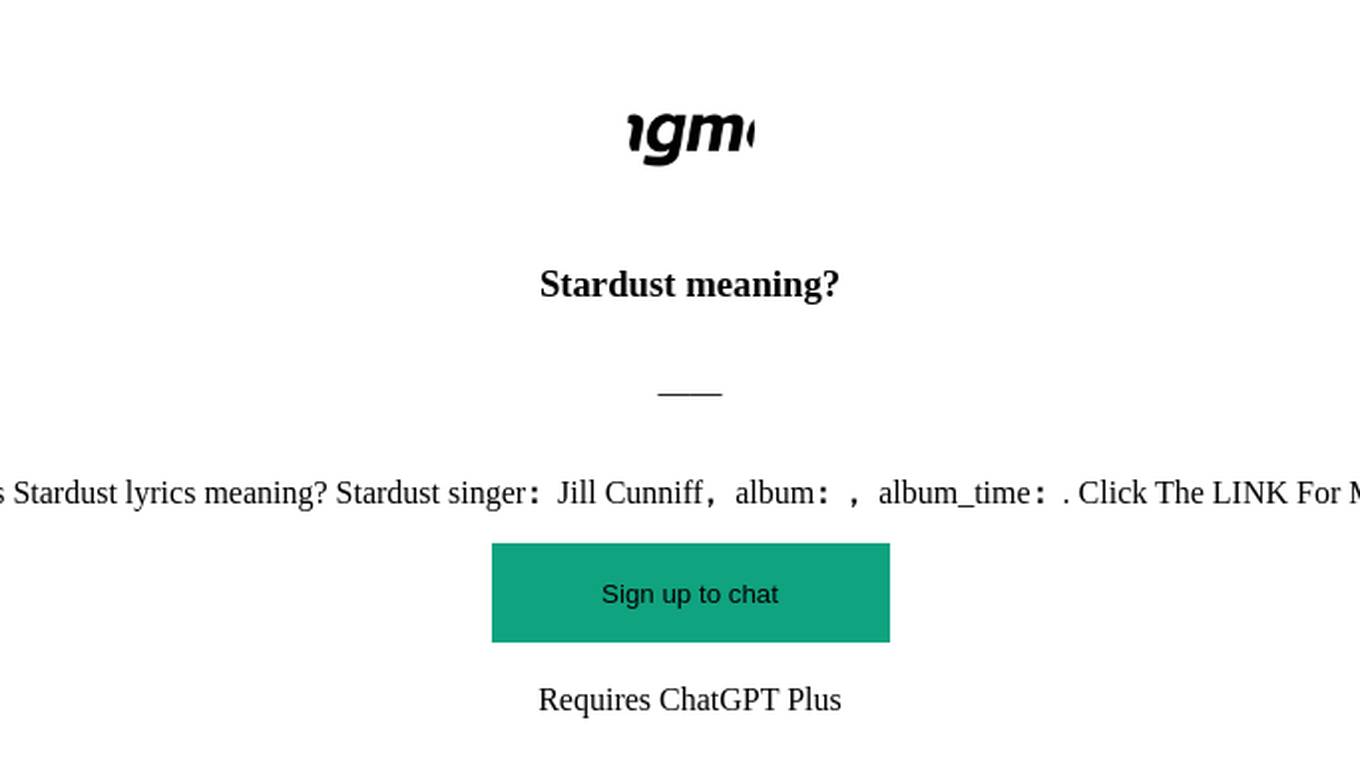
Stardust meaning?
What is Stardust lyrics meaning? Stardust singer:Jill Cunniff,album:,album_time:. Click The LINK For More ↓↓↓


